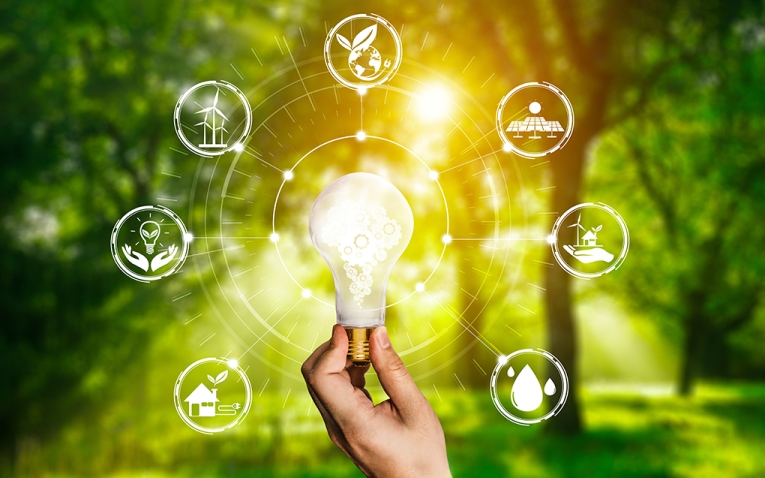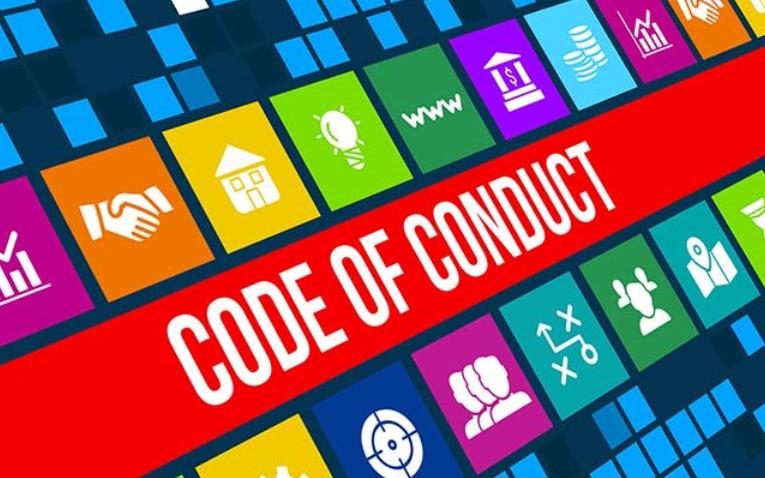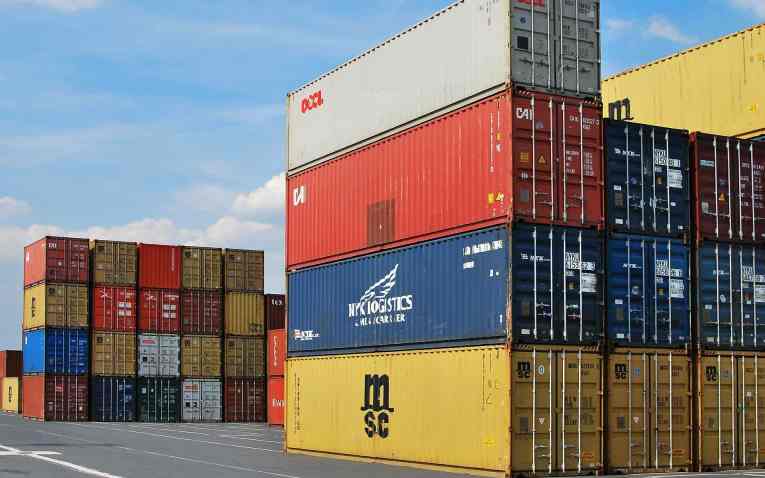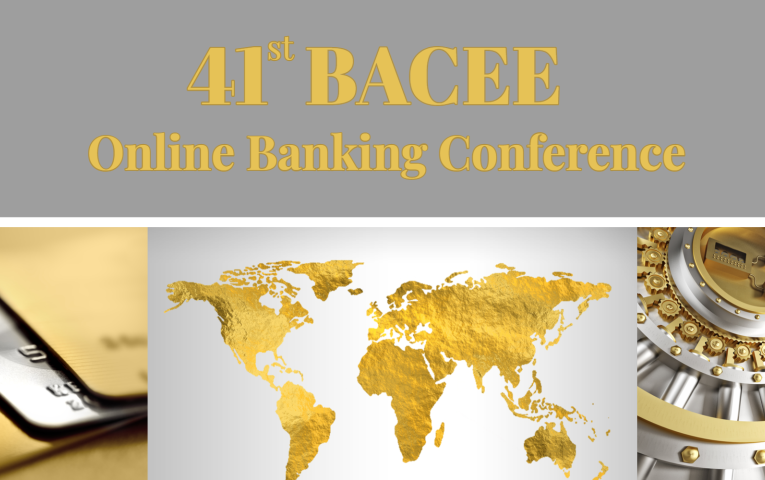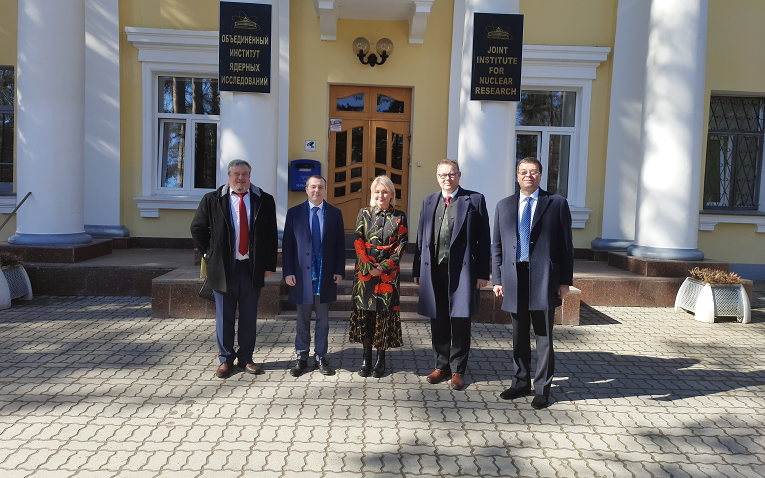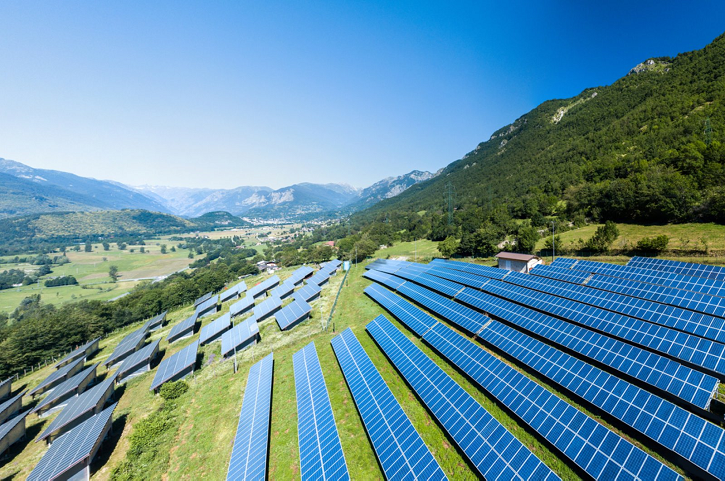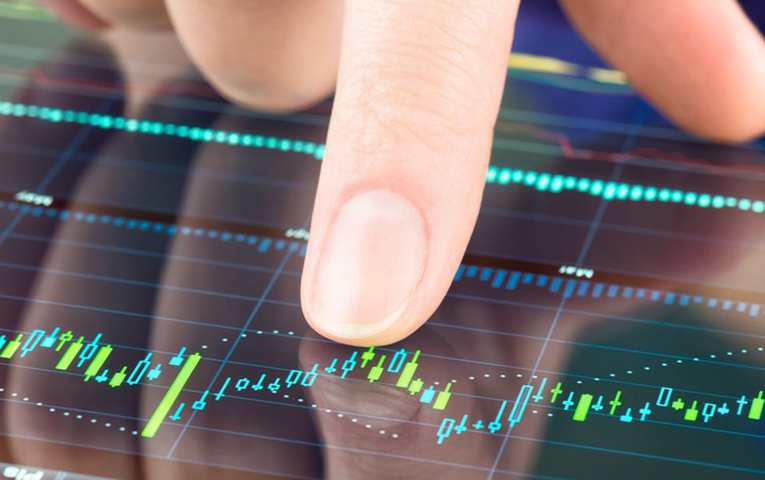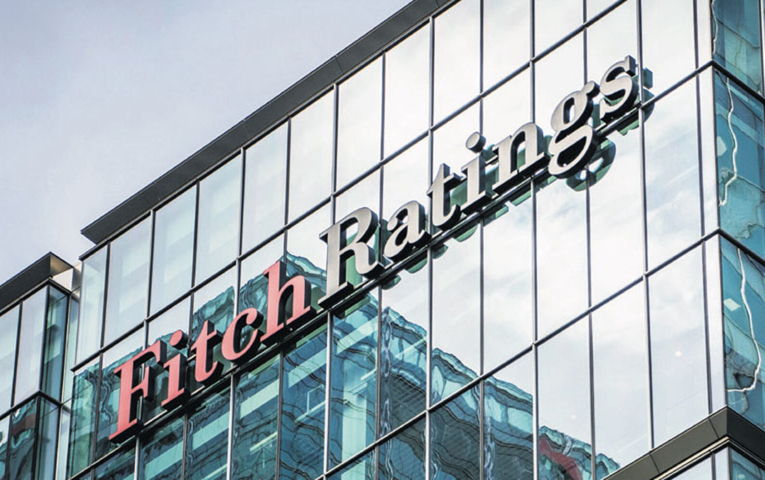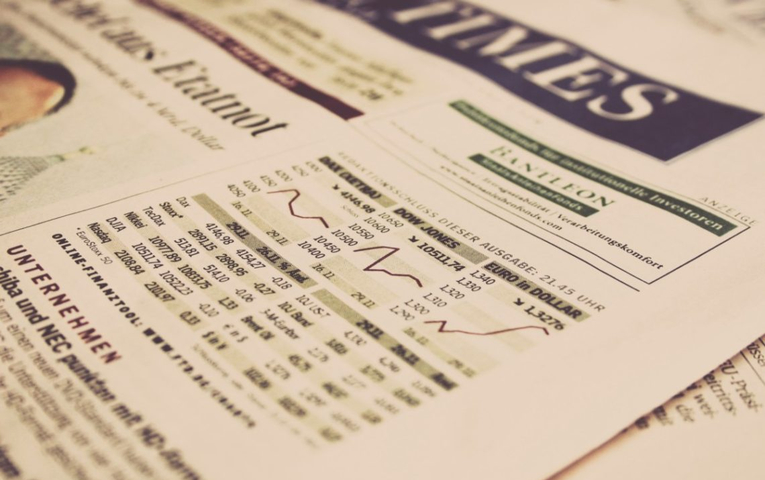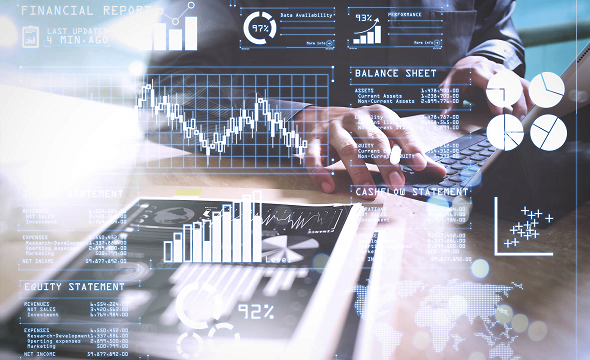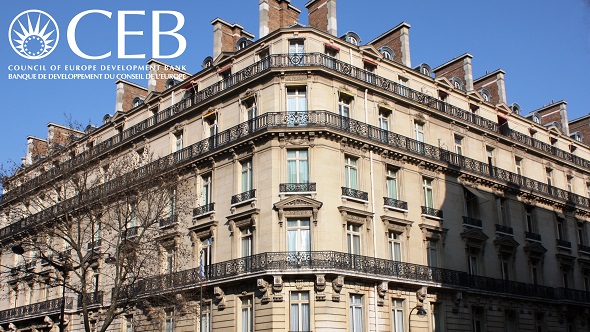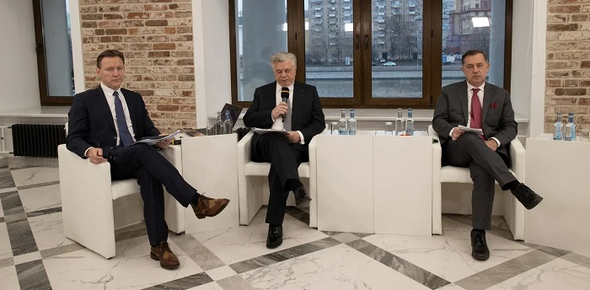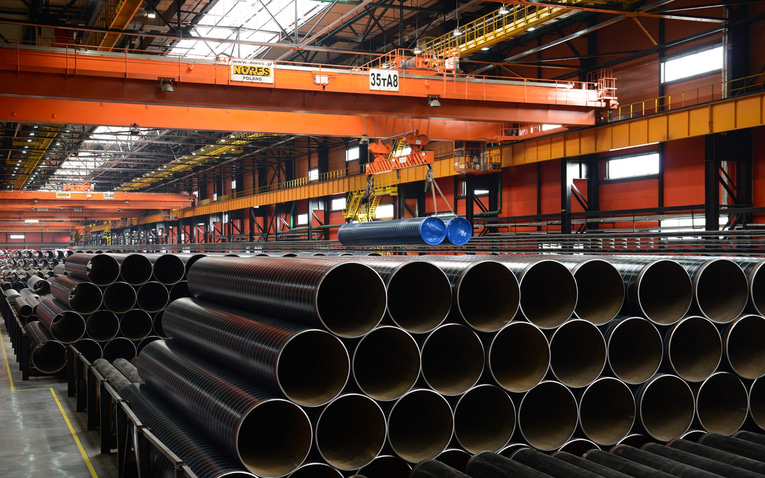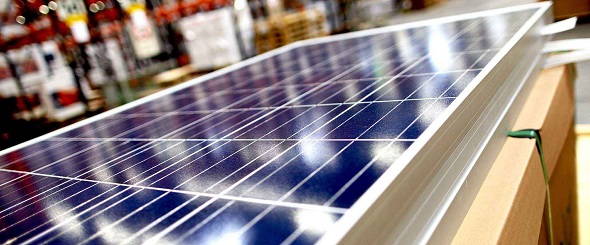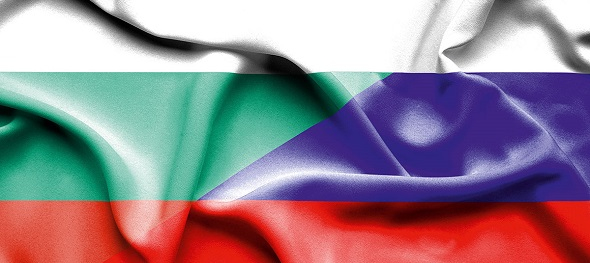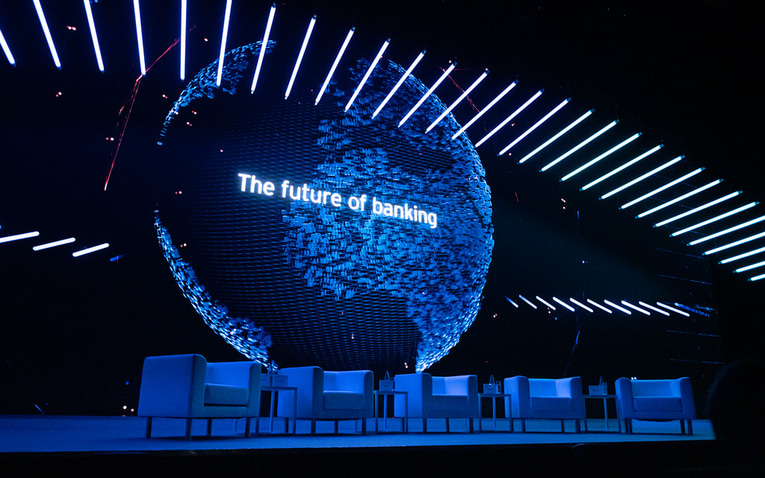On the 57th Bank’s anniversary, Chairman of the Board Denis Ivanov speaks about the results achieved and plans for the next 5 years
This year has become a special one for the whole world. The global epidemiological crisis has created problems for the entire economy. How is IBEC's activity developing against such an unfavorable and unusual background?
COVID-19 has revolutionized our work and life. With restrictions around the world, organizations have moved to remote offices. Taking into account the multicountry staff and, accordingly, the different experience of all our member countries in combating the pandemic, IBEC has been quickly and smoothly working in these conditions, showing well-coordinated work and, as a result, its stability in the face of this unique crisis. This is a great merit of our team – the highly professional and responsible attitude of all the Bank’s employees.
In general, the current IBEC team is one of the important results of the renewal carried out in the Bank, which is also confirmed by the formal results of our work. This year, IBEC, despite the pandemic, demonstrates positive dynamics in all key indicators. In the first half of the year, assets grew by 13.5%, the loan portfolio – by 12%, reaching EUR 345 million. The quality of growth is also important for us – the Bank continued to diversify its portfolio, and now all member countries are represented among borrowers. In addition, the share of long-term liabilities exceeded 50% – for the first time in the Bank's recent history. These results are reflected in the assessments of the leading rating agencies. In March 2020, Fitch Ratings revised the Outlook on IBEC's Long-term Issuer Default Rating (IDR) from Stable to Positive, and affirmed the IDR at 'BBB-'. IBEC's short-term rating was affirmed at F3. In June 2020, Fitch Ratings confirmed the positive outlook on the IBEC rating amid the ongoing global crisis caused by the COVID-19 pandemic. The financial results of the first half of the year, along with investment grade ratings from Fitch (BBB-, positive) and Moody's (Ваа3, stable), the highest rating on the national scale from ACRA (ААА (RU), stable) and rating from the European rating agency ACRA Europe (BBB, stable), confirm the reputation and status of IBEC as a stable and reliable partner.
IBEC is preparing for the start of a new five-year strategic period, which will begin next year. What are the main strategic goals of the Bank for the next five years?
Indeed, the current year is the final one in our strategic cycle. The goals stated in the Updated IBEC strategy for the period up to 2020 have been met in full. The Bank has got a strong start and is approaching a new strategic period in excellent shape.
Now is the time when it is reasonable to pay special attention to common approaches to solving economic and financial problems, as well as issues of human health, protecting biodiversity and ecosystems, combating climate change and inequality in general. For IBEC, as a multilateral development bank, these tasks are a priority. It's time to rethink the way we live, work and invest, and begin our journey towards more flexible, inclusive and sustainable solutions, towards increased international cooperation. We are emerging from quarantine into a changed world that will require even higher efficiency and competitiveness. This has direct influence on the process of shaping the Bank's strategy for a five-year strategic cycle. The document will determine the starting position of IBEC in the current conditions, will take into account the impact of the challenges of the current economic situation, assess their effect on the economies of the member countries, and most importantly, will contribute to confidently entering a new strategic period.
Our main goals:
- Further positive impact on the economic dynamics of the member countries through support for international trade, including the expansion of the role of medium-sized enterprises
- Providing our clients with innovative competitive services
- Proportional increase in the IBEC's operating activities in all member countries
- Improvement of information technology and further increase in internal operational efficiency
- Maintaining long-term financial stability during the growth process
For their implementation, new business and financial models have been developed that take into account the specifics of the economies of our member states. It should be noted that in the process of developing a strategy, we have established a very constructive interaction with the delegations of all the member countries, we have achieved a common vision of the Bank’s future, its role in international cooperation and economic integration. I am confident that in the course of its implementation, we will achieve synergy in the development of IBEC and the implementation of the tasks that each of our countries faces. We expect that the new five-year strategic cycle of IBEC's work, which will begin in 2021, will become an innovative breakthrough in the Bank's work not only in terms of the volume and scale of operations, technological development, but also in the area of responsible financial contribution to the economies of the member countries.
Trade finance is one of the key areas of IBEC's business, which is not very typical for international development banks. What is the attractiveness and uniqueness of the service offered by IBEC?
Indeed, IBEC has a mandate that is rare for MDBs – the main focus of the business model is on supporting trade operations and settlements, which is confirmed by both the unconditional interest of shareholders and the interest from the profile client segments. At the same time, the Bank can carry out project financing operations, participate in syndicated financing, and conduct treasury operations with counterparties of all member countries of the Bank, using the attributes of an international development institution, having an international investment grade rating and being outside sovereign economic sanctions.
It should not be forgotten that in conditions of economic and geographical constraints, special attention is paid to the state of the world trade. Global trade financing is the lifeblood of the day-to-day flow of goods and services, enabling transactions between buyers and sellers around the world. In particular, trade finance provides the flexibility and security required for the movement of goods and services. In the context of the decline in business activity caused by the pandemic, and the rupture of supply chains and production-trade relations, it is extremely important to support and financially secure operating contracts. Now the priority statutory tasks of IBEC as a multilateral development institution focused on the development of international trade have become especially relevant for the economies of all participating countries, for all our partners and clients, including those from third countries. Over the past year and a half active promotion of a range of trade finance products allows IBEC to offer effective tools and optimal solutions. During the remote work, IBEC provided more than 20 loans to ensure export-import operations – transactions were carried out through the banks of the member states and other partner countries. Despite the high volatility in financial markets, loan terms reach 12 months, which became possible due to the stable IBEC resource base.
In total, over 90 trade finance transactions were completed during the year. These are operations with our main partners in the member countries, targeted trade loans, financing under letters of credit, as well as documentary transactions to support foreign trade between the member states, as well as with other countries – from the EU, Asia, Africa and South America.
This is also active work with the CIS – in 2020, IBEC began active cooperation with Uzbekistan, implemented the first credit-documentary transactions to support Russian non-resource exports, and continued cooperation with Armenia and the Republic of Belarus.
Most often, the “traditional” format of financial support for exports by multilateral development banks involves the activities of state or quasi-state export support institutions that act as intermediaries between the state and exporting companies: export credit agencies, eximbanks. However, it should be understood that in general, the mandate of the agencies is limited to support exclusively the interests of one country, albeit on a global scale. Interregional development banks can be not only a platform for identifying intersections of mutual foreign trade interests, but also an effective tool for subsequent targeted support of multinational export-import projects within their mandate. The implementation of such projects can give impetus to the development of a variety of trade and integration initiatives involving simultaneously several countries from among the shareholders of the MDB: both within the membership area and outside the geography of the institute.
IBEC has repeatedly declared support for the UN Sustainable Development Goals. How are you moving in this direction, how will it be reflected in the new strategy of the Bank?
IBEC is now in the stage of forming the strategic plan to become more involved in the international efforts of development institutions to stabilize social and environmental development in accordance with the UN Sustainable Development Goals.
Our business model provides for the generation of a portfolio of IBEC transactions in accordance with the UN Sustainable Development Goals. We will focus special attention on the areas that best meet the IBEC mandate and mission. This is ensuring a healthy lifestyle and promoting well-being for all at any age, creating a sustainable industrial infrastructure, promoting innovation, ensuring openness, security, resilience and environmental sustainability of cities and towns.
Climate issues, as one of the most relevant areas of socially responsible business today, are becoming one of the priorities for the updated IBEC, as well as an integral part of its new business profile.
Already now, IBEC is actively supporting "green" projects. We have signed agreements and memorandums of cooperation with a number of partners from the member countries, where significant attention is paid to environmental issues. One example is the Memorandum of Understanding with the Mongolian Golomt bank. It is aimed at developing a "green economy" and indicates joint plans of financial institutions to finance green projects in Mongolia, IBEC member states and regions of its presence.
The ideological platform for such agreements is precisely the SDGs – inexpensive and clean energy, responsible consumption and production, and the fight against climate change. Among the priority sectoral areas are transport, housing construction, renewable energy, energy-saving technologies, all of which are the key points of the global agenda in the field of the green economy and environmental protection.
As an example, there are several significant projects for IBEC that combine both the environmental aspect and the promotion of cooperation between the member countries of the Bank. We provided a targeted loan to the Ulan-Bator Railway for the purchase of Russian-made diesel locomotives. The transaction was carried out with maximum efficiency thanks to the attraction of tied financing for a period of 11 years from JSC Roseximbank under the insurance coverage of JSC EXIAR. This complexly structured transaction, totaling EUR 40 million, is supporting a long-term investment program to modernize Mongolian railway infrastructure. Locomotives purchased under the agreement meet the most modern environmental safety requirements.
The Polish company Laude Smart Intermodal received a targeted loan of EUR 15 million euros from IBEC to finance a transaction for the purchase of innovative intermodal freight railway containers and platforms of Russian and Belarusian production.
The use of innovative containers makes it possible to significantly optimize the structure of transported goods and, by filling goods flows in both directions, to avoid the "empty" run of wagons. The importance of using such equipment is evidenced by the support of the deal from the European Union, which encourages changes in the transport and logistics industry aimed at optimizing and greening transportation. For this project, Laude receives a special grant from EU funds.
Which place will digital technologies have in the new IBEC strategy?
The world is becoming more and more digital. This creates both opportunities and challenges. The digital world has served as a life-saving alternative reality in the face of prolonged physical distancing and self-isolation during the crisis. Digitalization affects most of the production processes and activities in the economy, including products in all sectors, from agriculture to services. Today we are only seeing the early stages of digital transformation. But the ever-increasing role of digitalization and its inevitable rapid development can no longer be denied. It seems that the invisible hand of the market will go digital. E-commerce and other aspects of the digital economy are driven by two main factors: data and platforms. Digital data has become a new economic resource for creating value. Controlling data is strategically important to be able to transform it into digital intelligence. In virtually every value chain, the ability to collect, store, analyze and transform data provides additional opportunities and competitive advantages. They are at the heart of all rapidly evolving digital technologies such as data analytics, AI, blockchain, IoT, cloud computing and all Internet services. IBEC is currently testing a prototype platform for the first trade finance products. By the end of 2021, we plan to enter the market with these new products.
Which role will multilateral development institutions play in the changing world, which new opportunities can they provide the shareholders and the entire international community with?
The coronavirus epidemic has caused crises in the medical, social and economic sectors, and the amount of resources required to overcome the consequences is unprecedented. In a pandemic, the actors of national economies are often limited in the scope of their activities. We recognize that the current situation calls for a collective response from the international community to rebuild broken ties and further development financing. That is why the resources mobilized by the public sector and international development institutions are of particular importance in the global economy. Global development banks have already announced special programs to support countries to overcome the consequences of the pandemic. Back in April, the World Bank announced plans to channel USD 160 billion over the next 15 months to support global growth, support small and medium-sized enterprises, and protect the poor and vulnerable. Regional development banks, including IBEC, can also make a significant contribution to the creation of a more efficient architecture of the global economy. The difficult challenges of the present will help shape the future model of the world economy on the right principles that will give a new and weighty content to the term "sustainable development".
 Ru
Ru Bằng tiếng việt
Bằng tiếng việt
 Mongoloor
Mongoloor

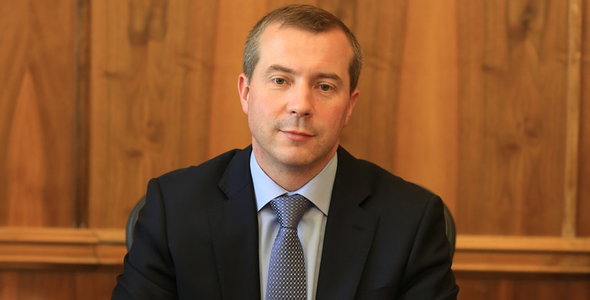
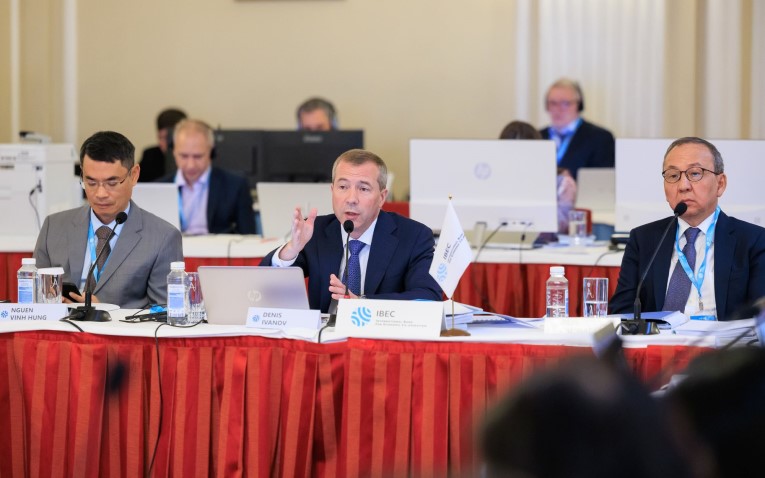
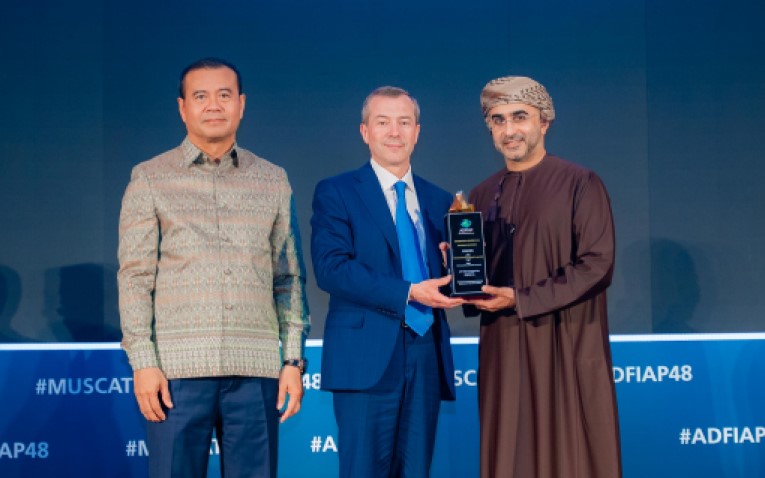

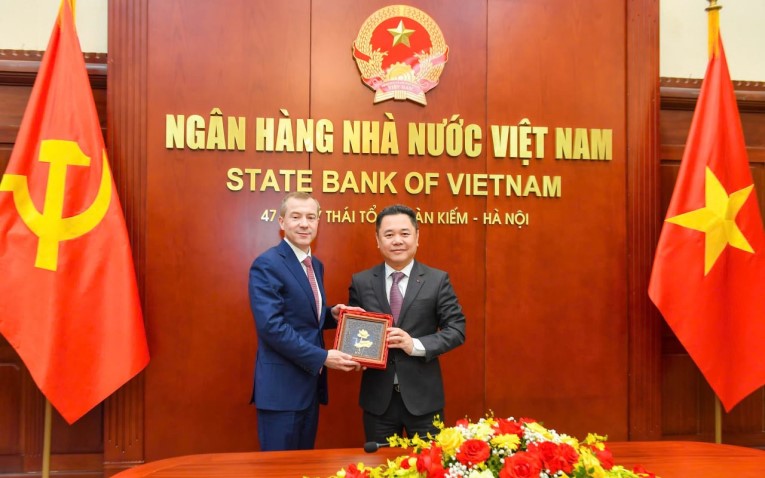
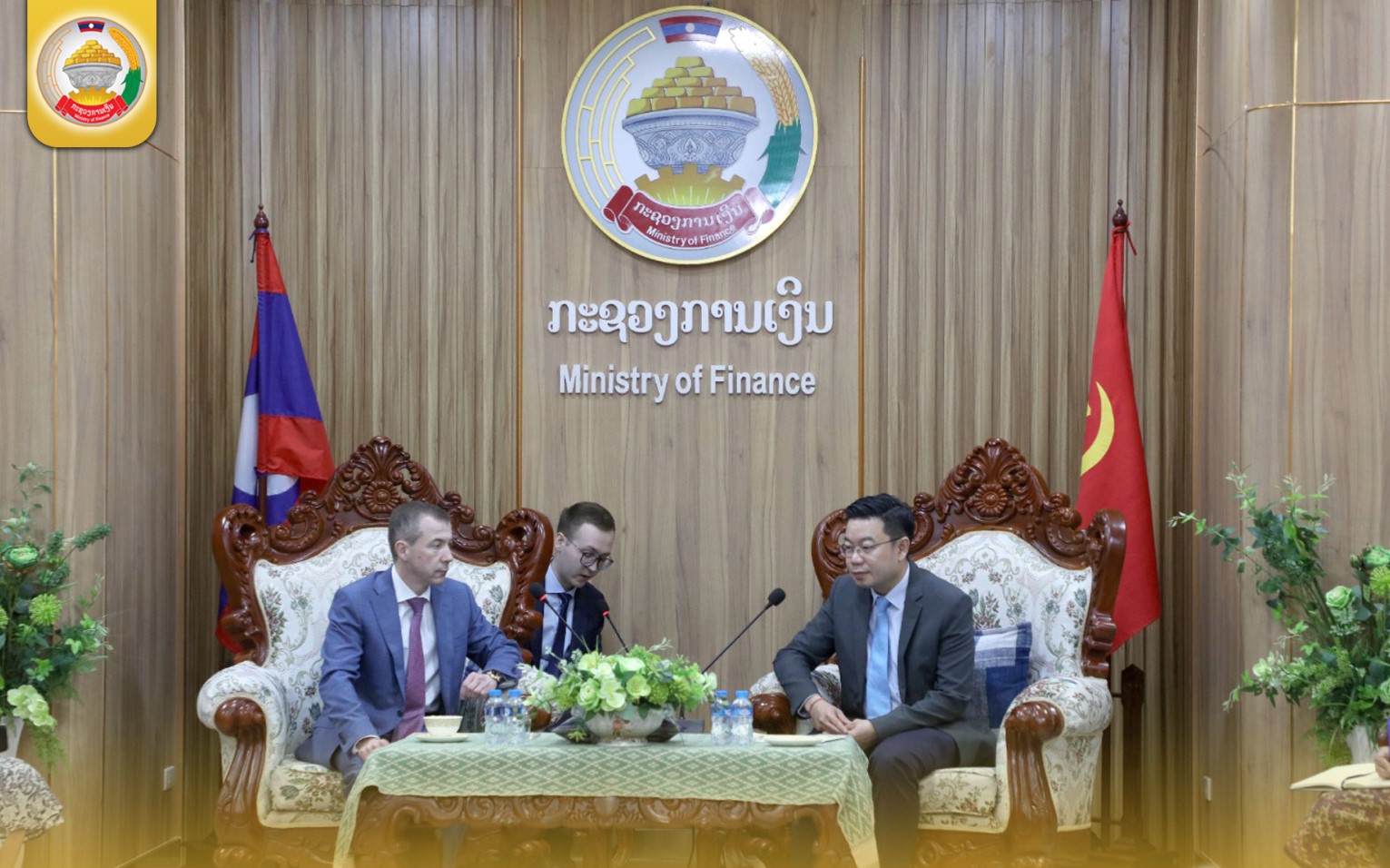

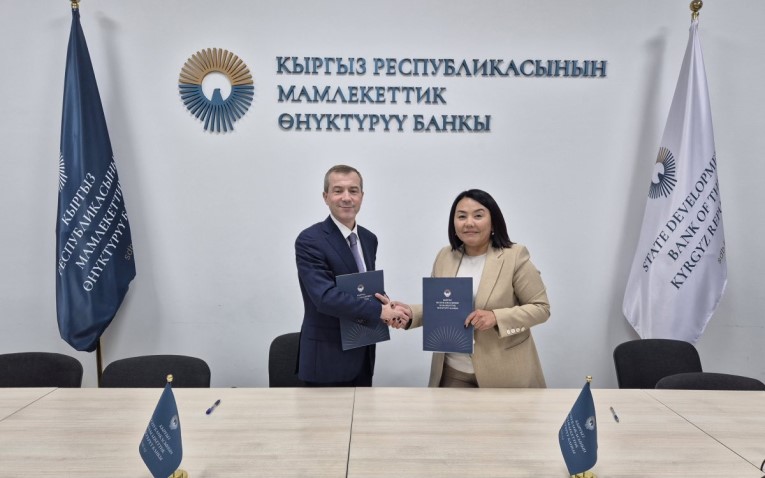
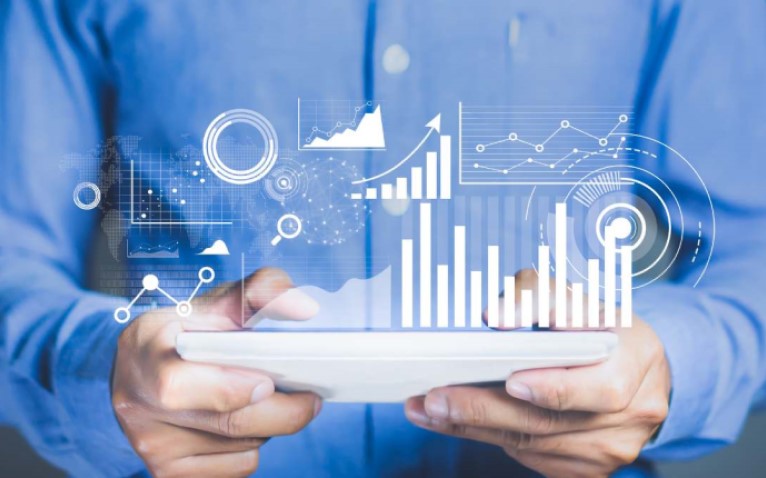

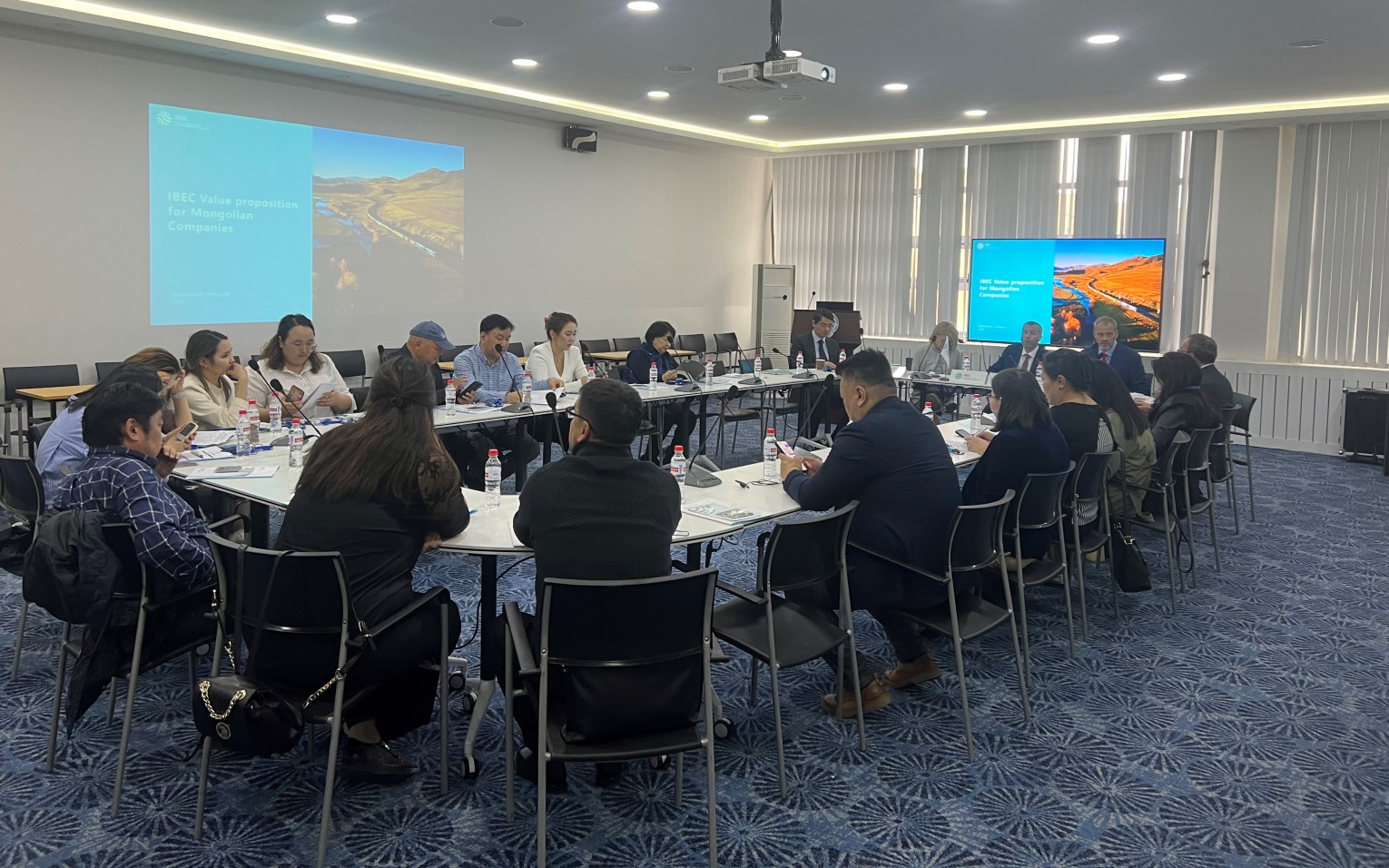

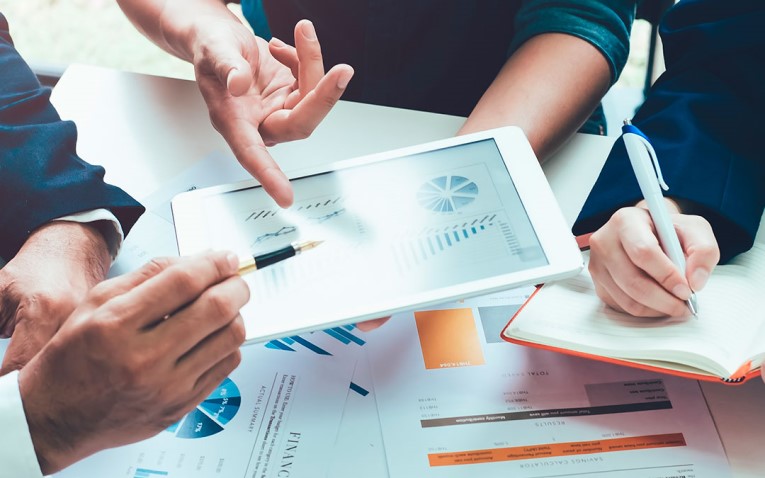
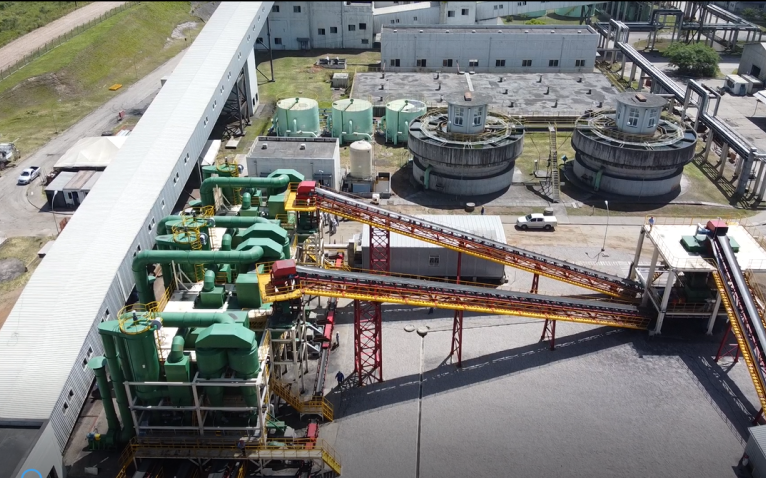


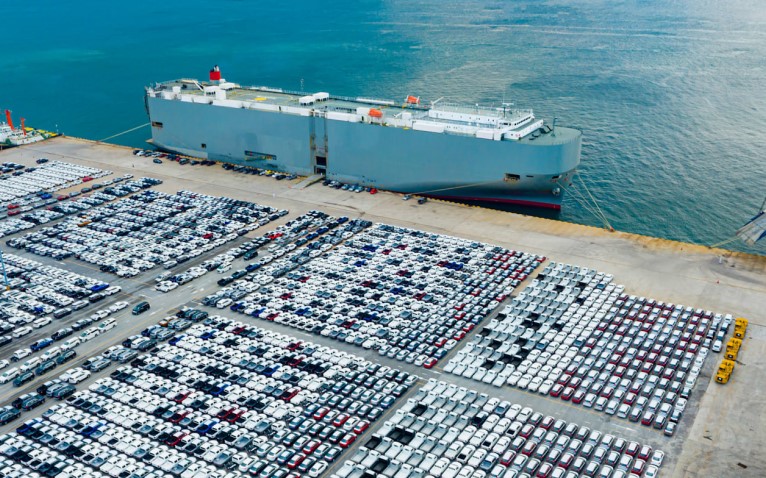
 765X478.jpeg)



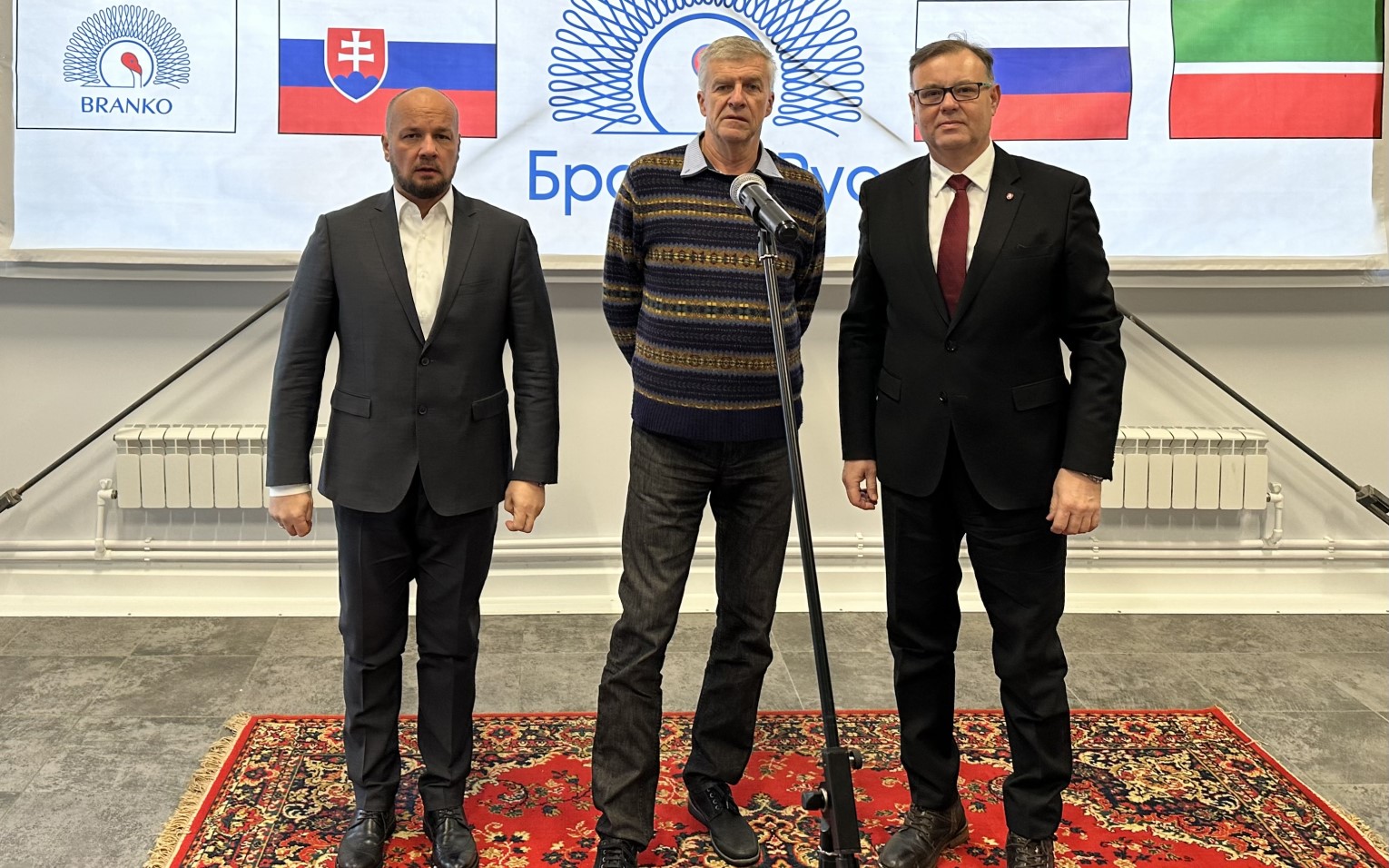
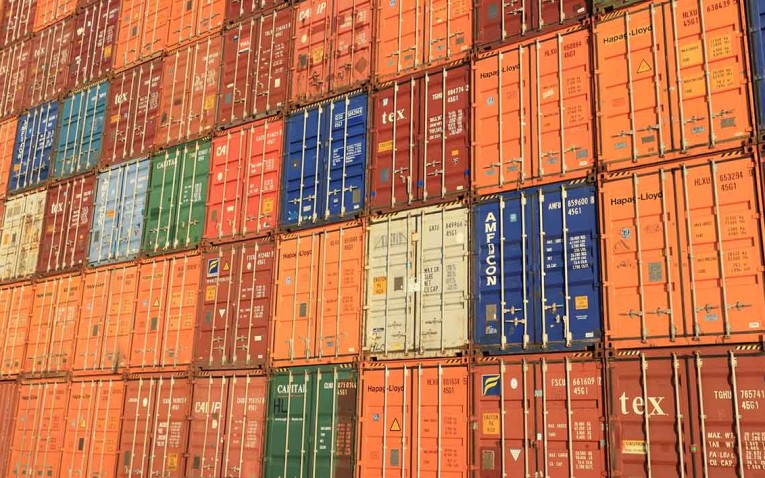
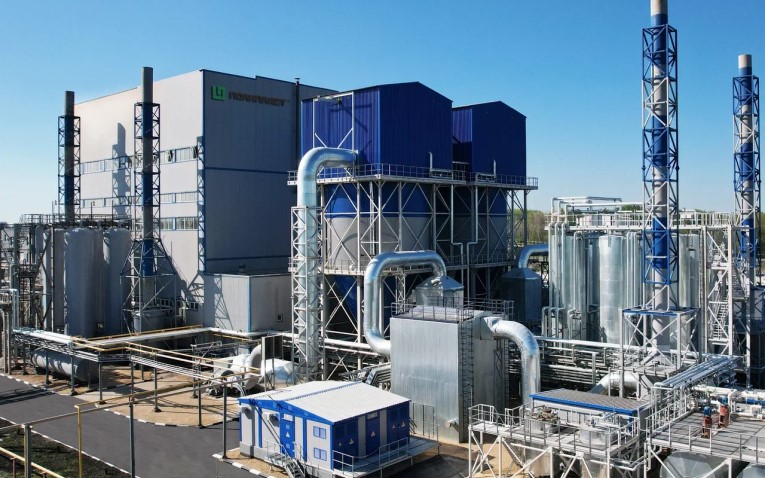


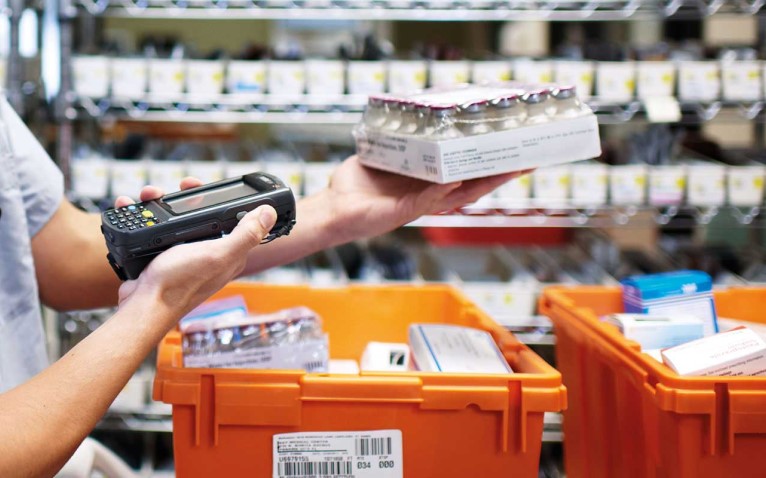






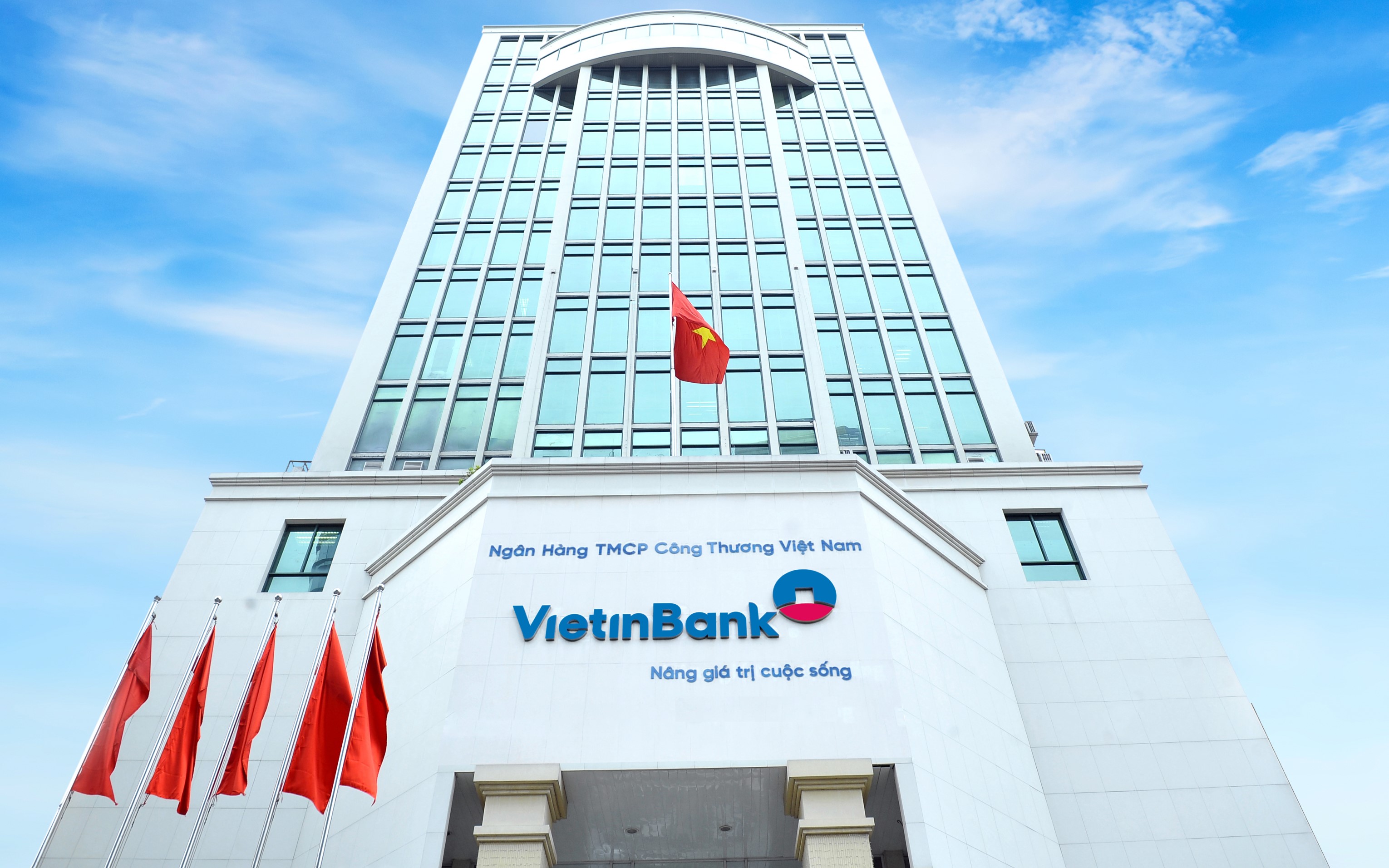
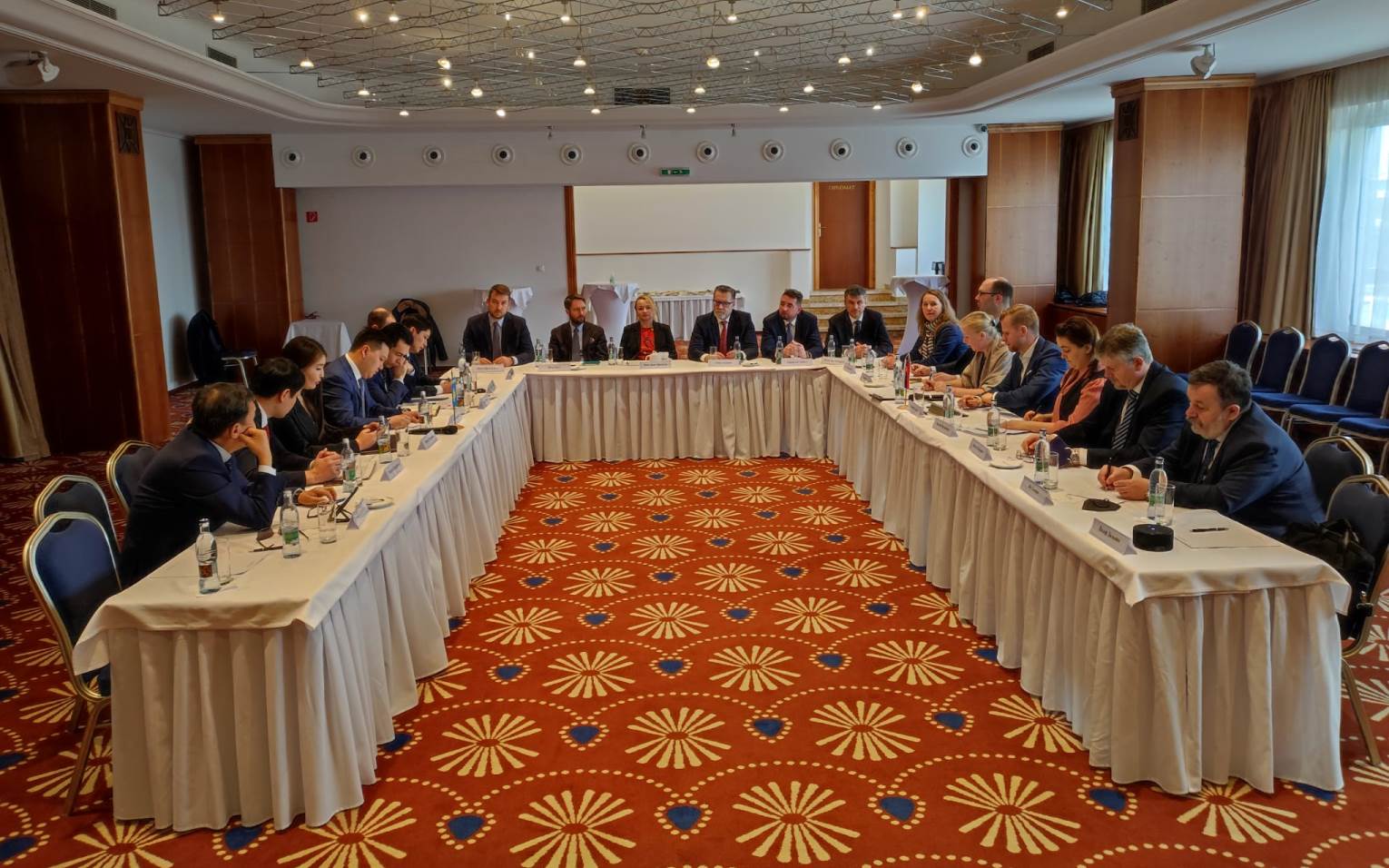
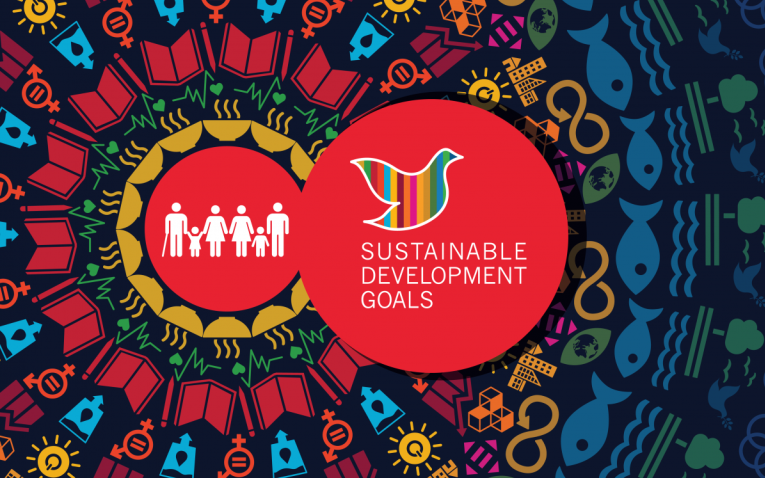
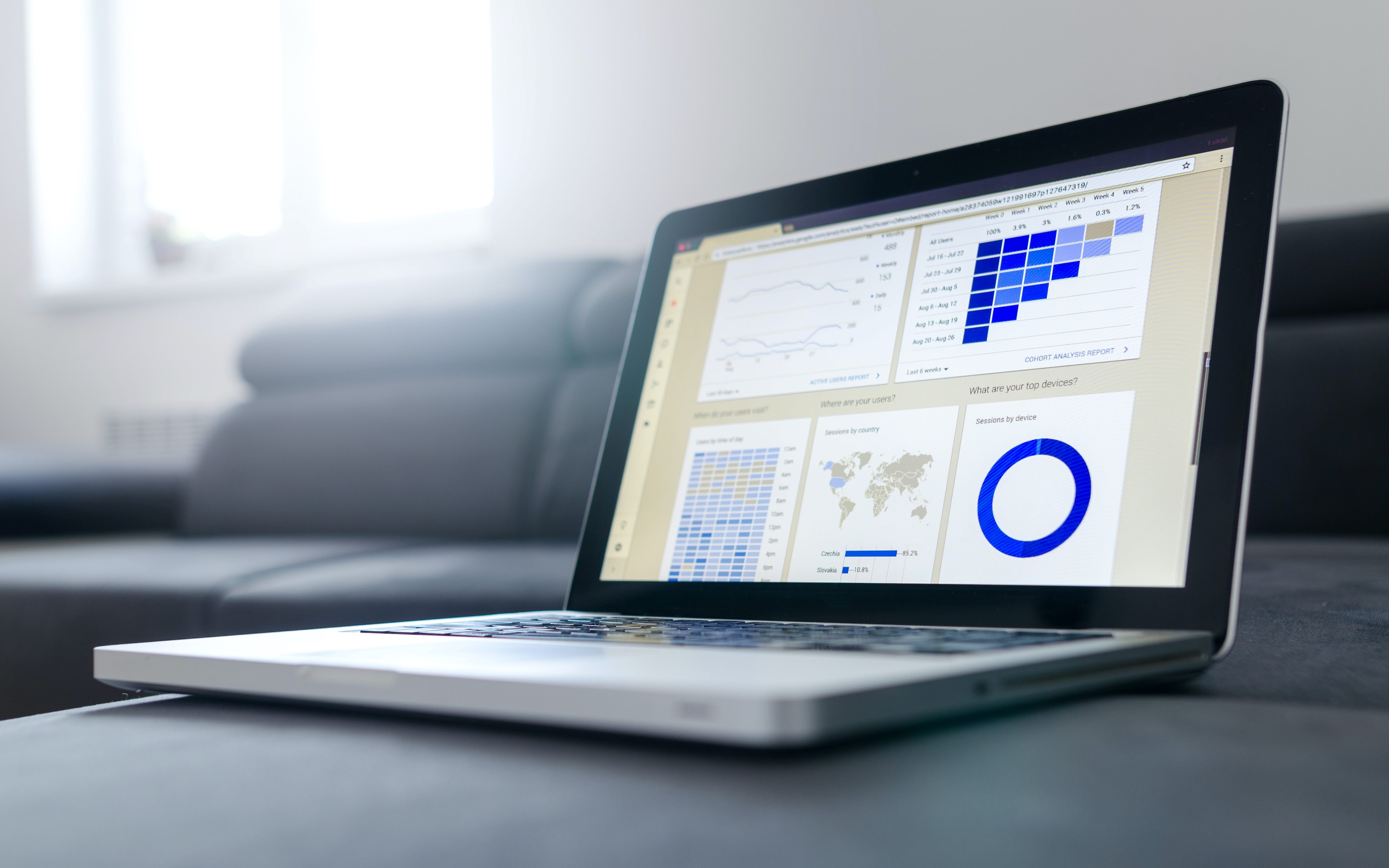
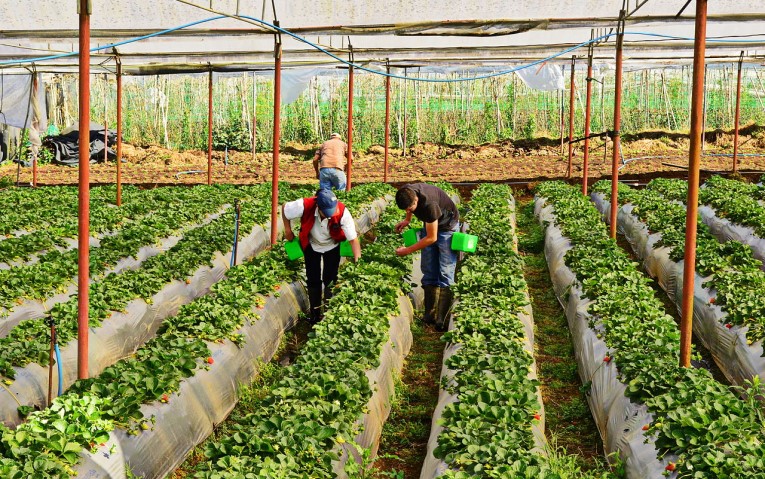

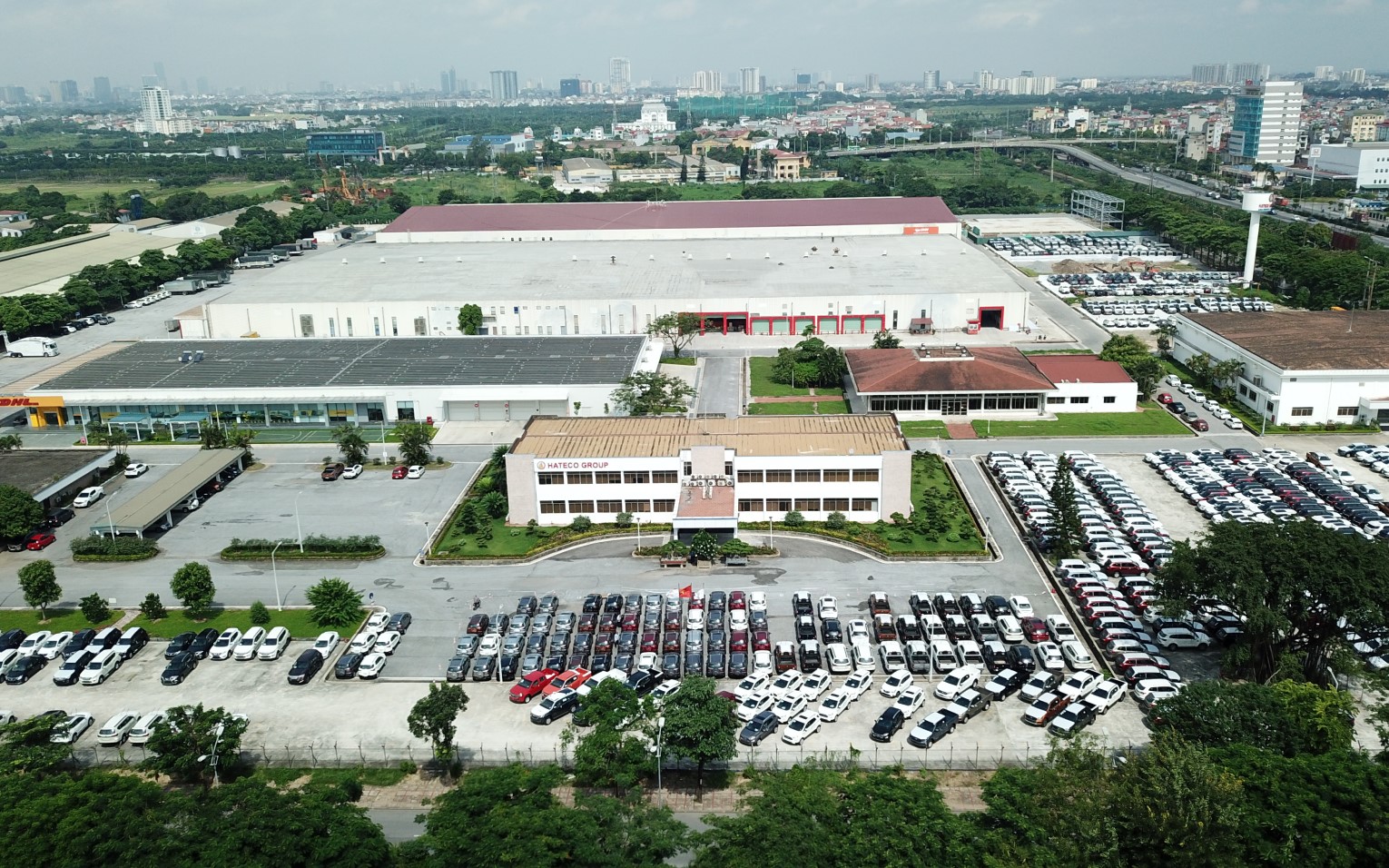
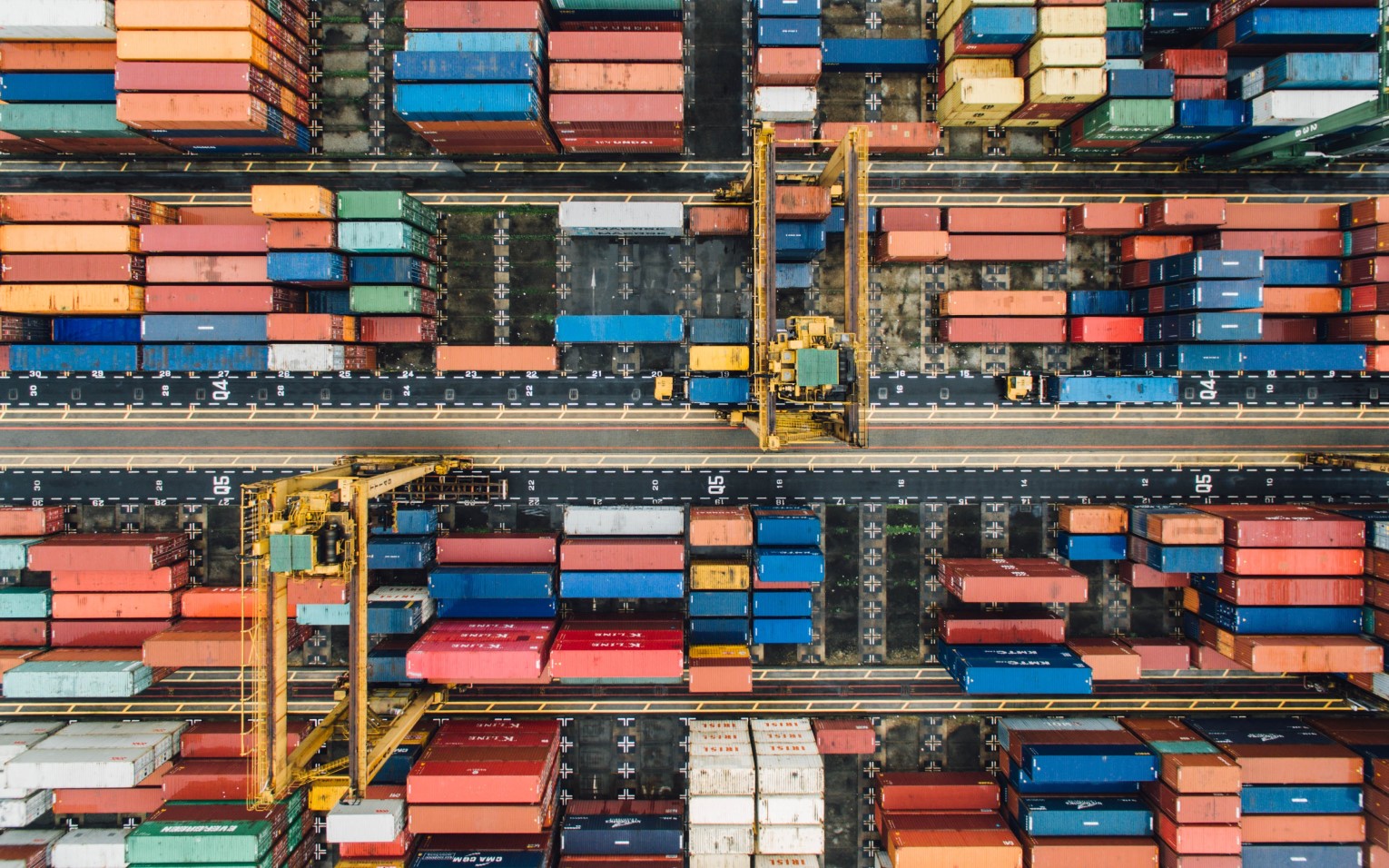
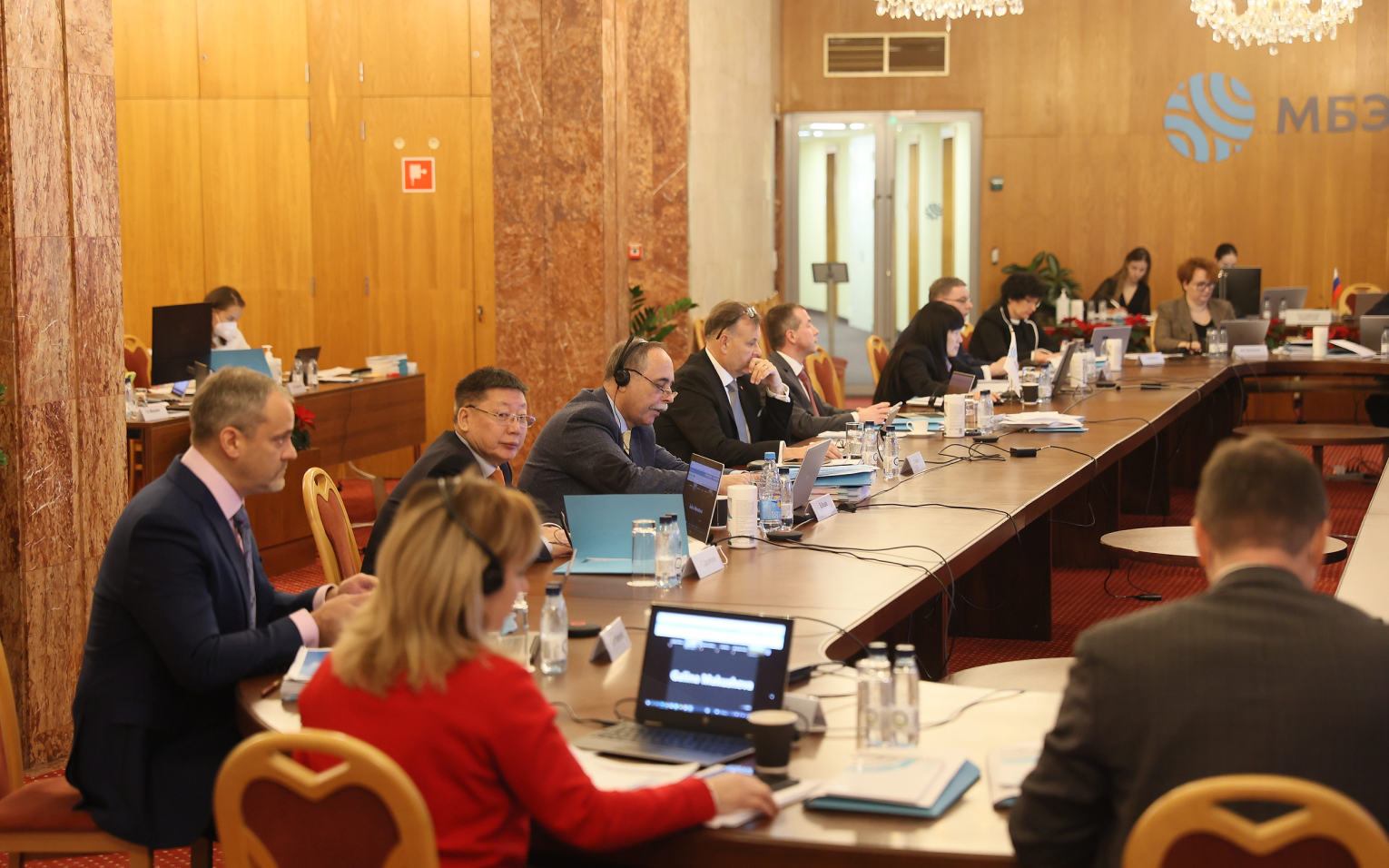
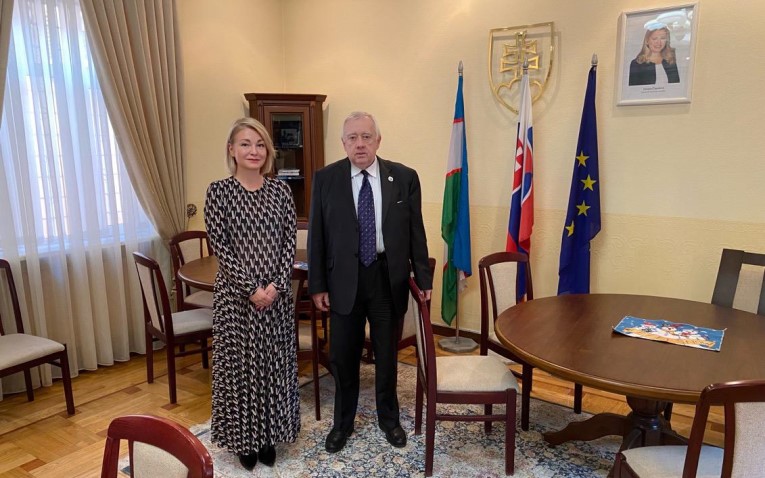


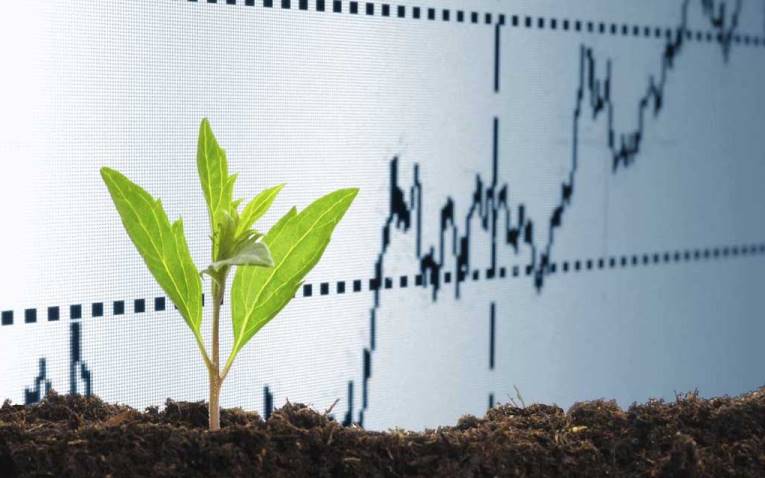
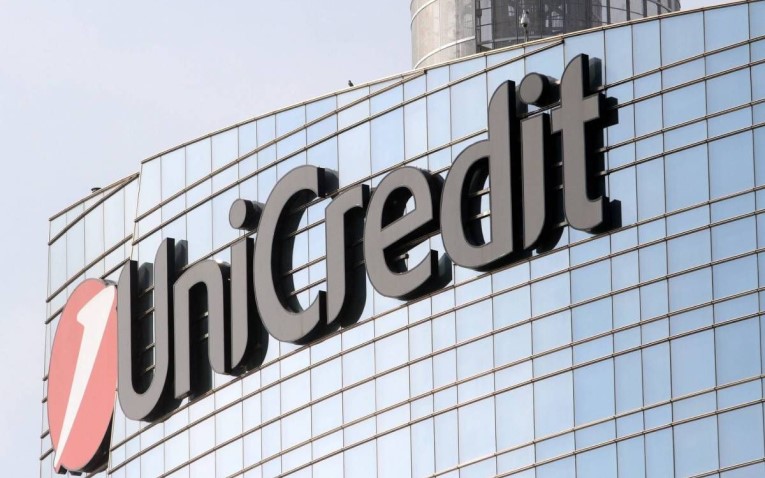
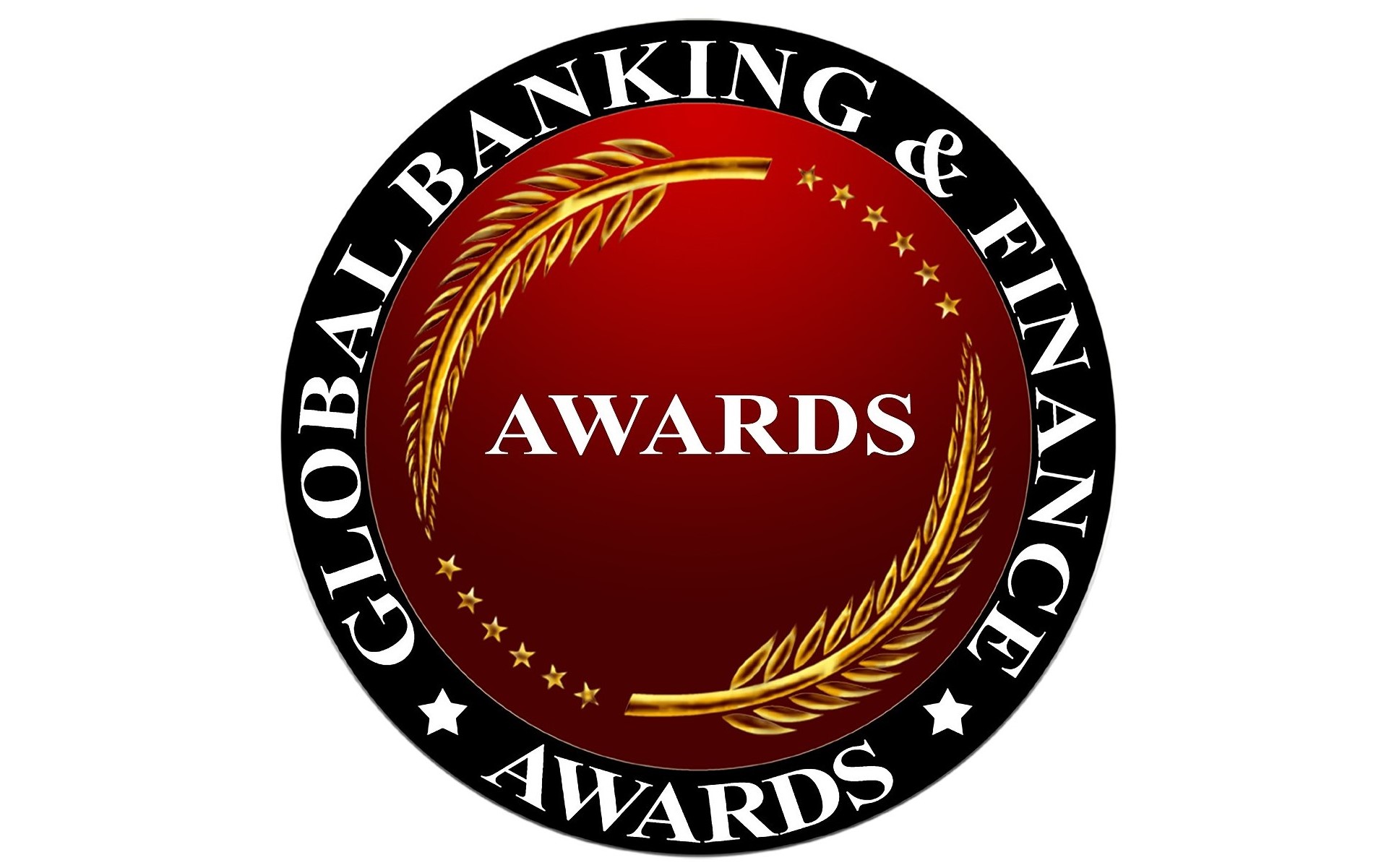
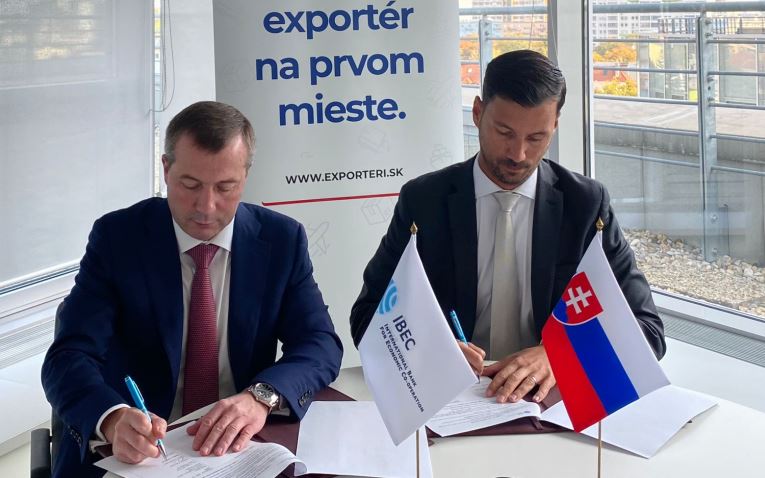
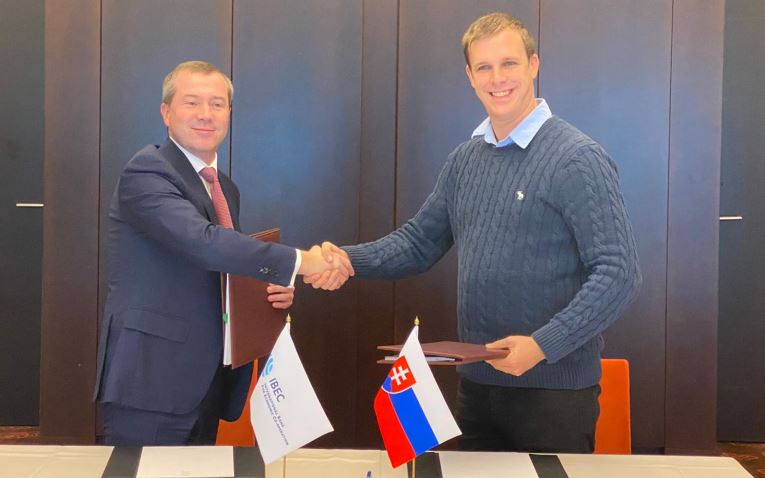

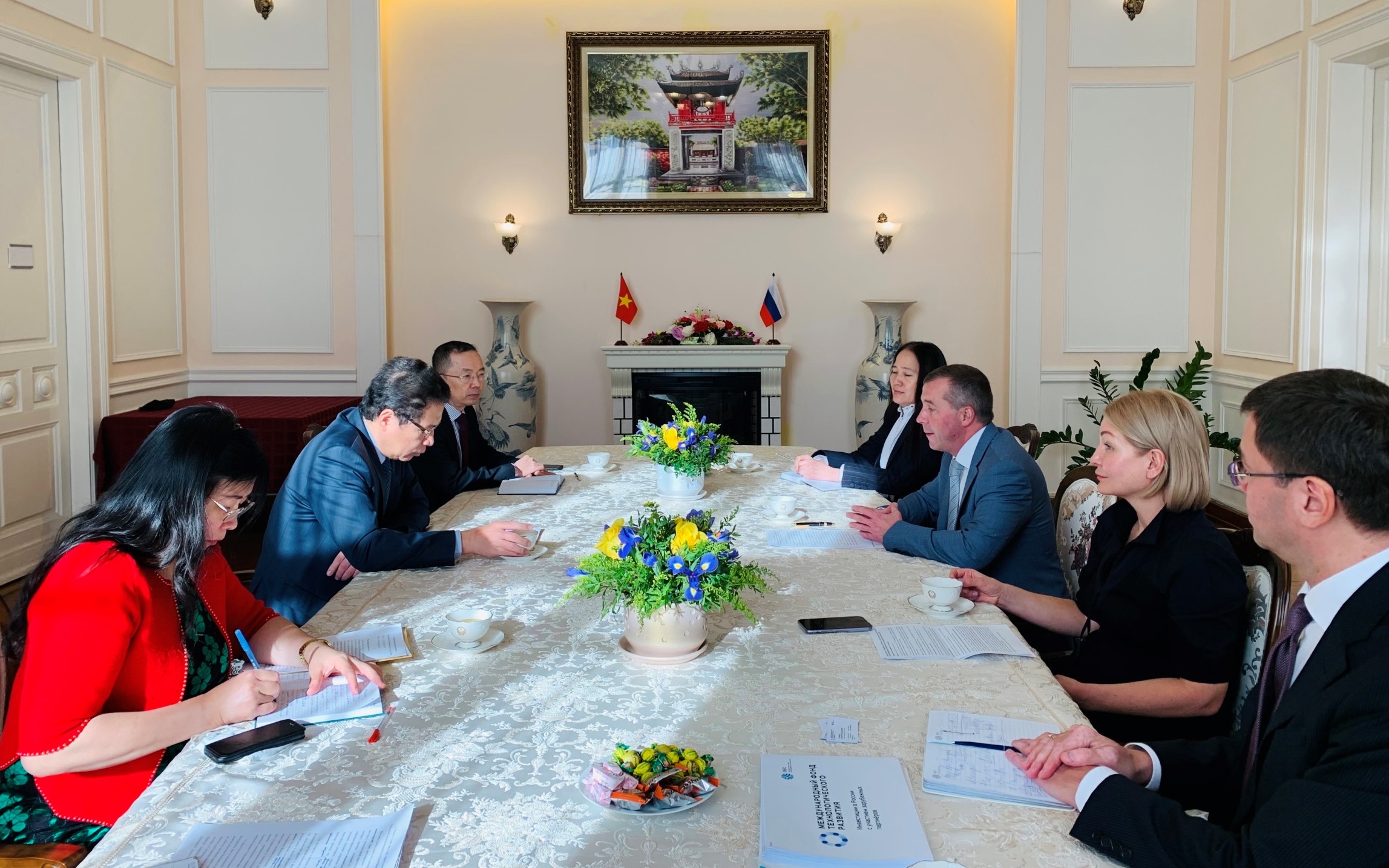

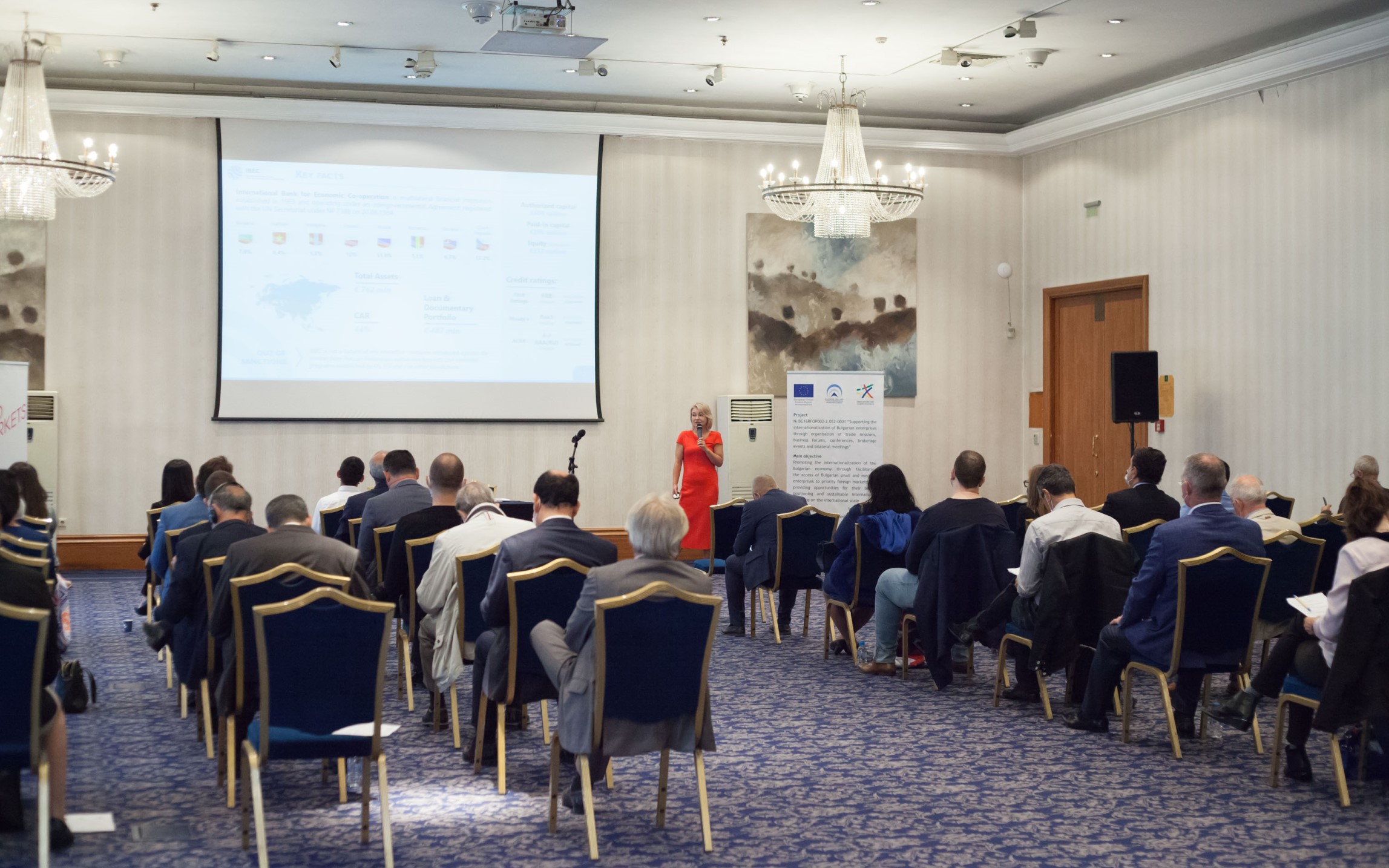
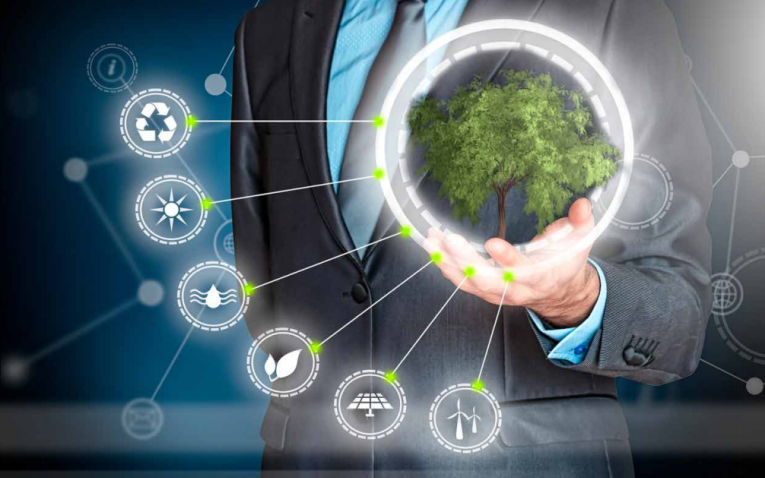
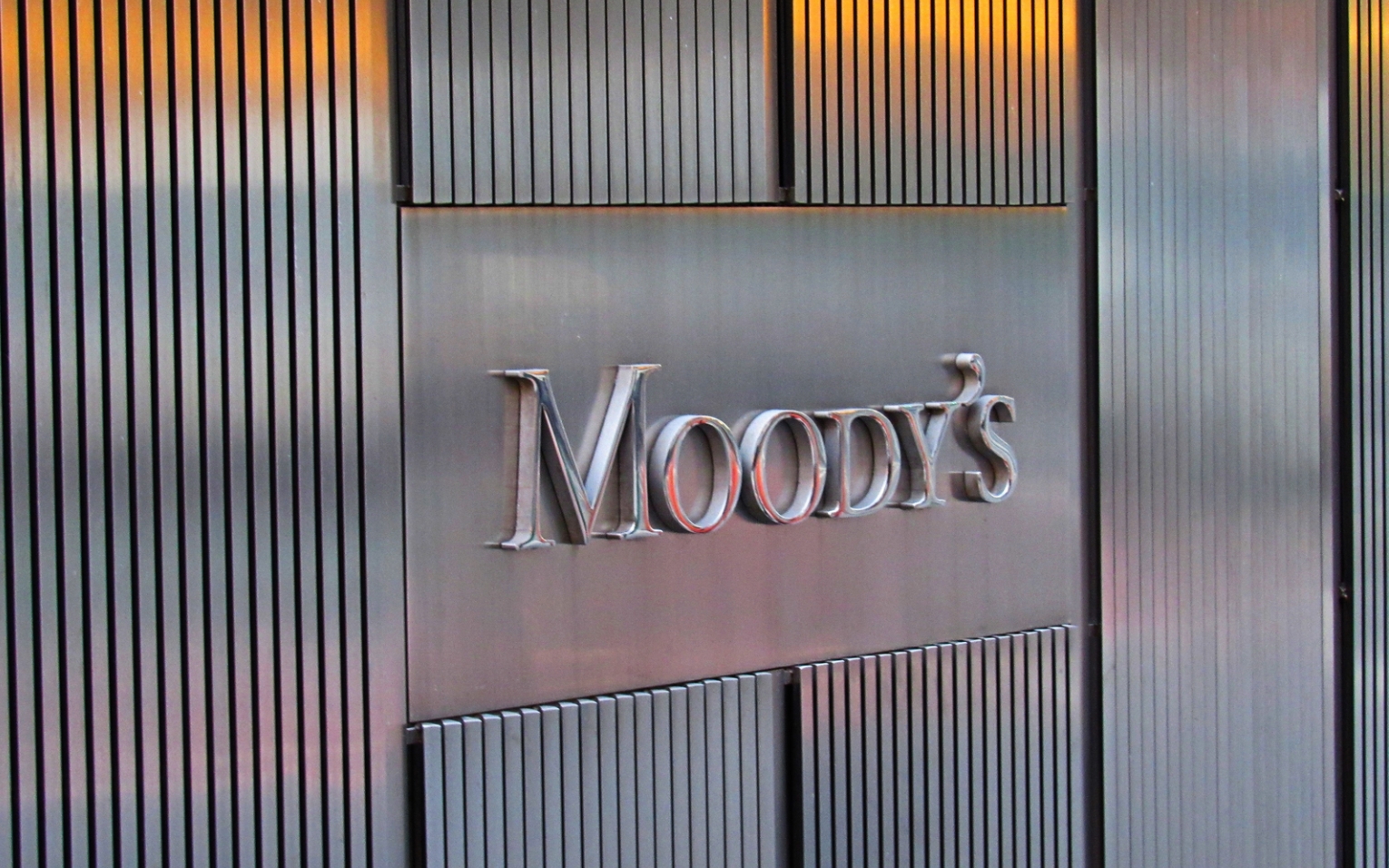
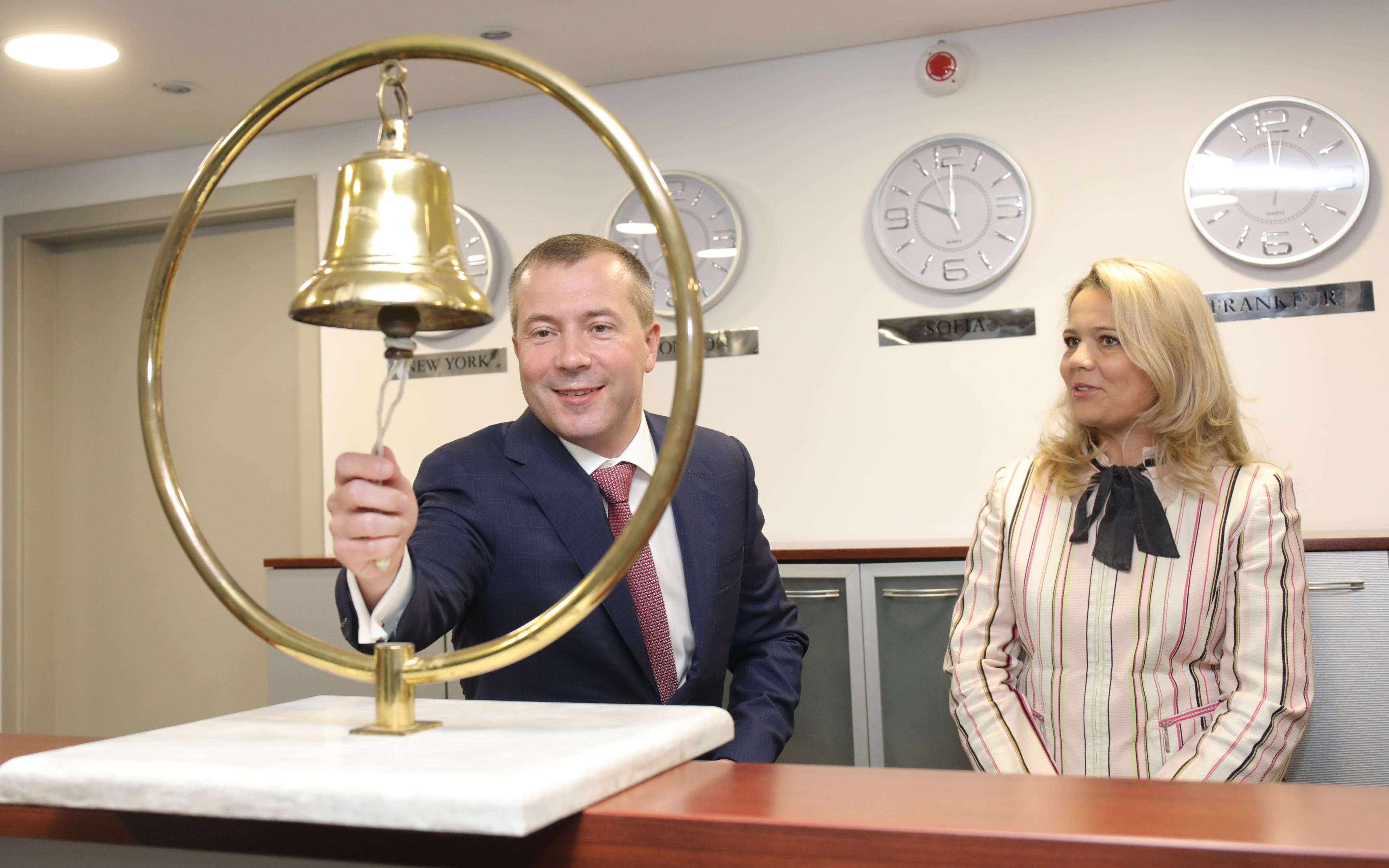
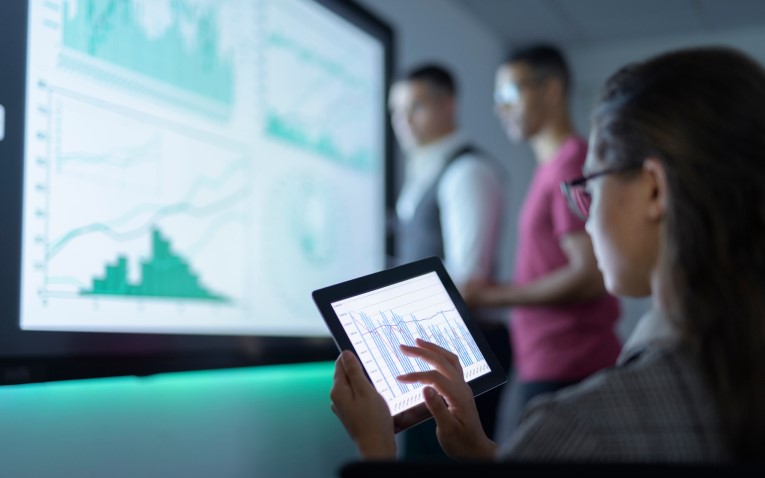


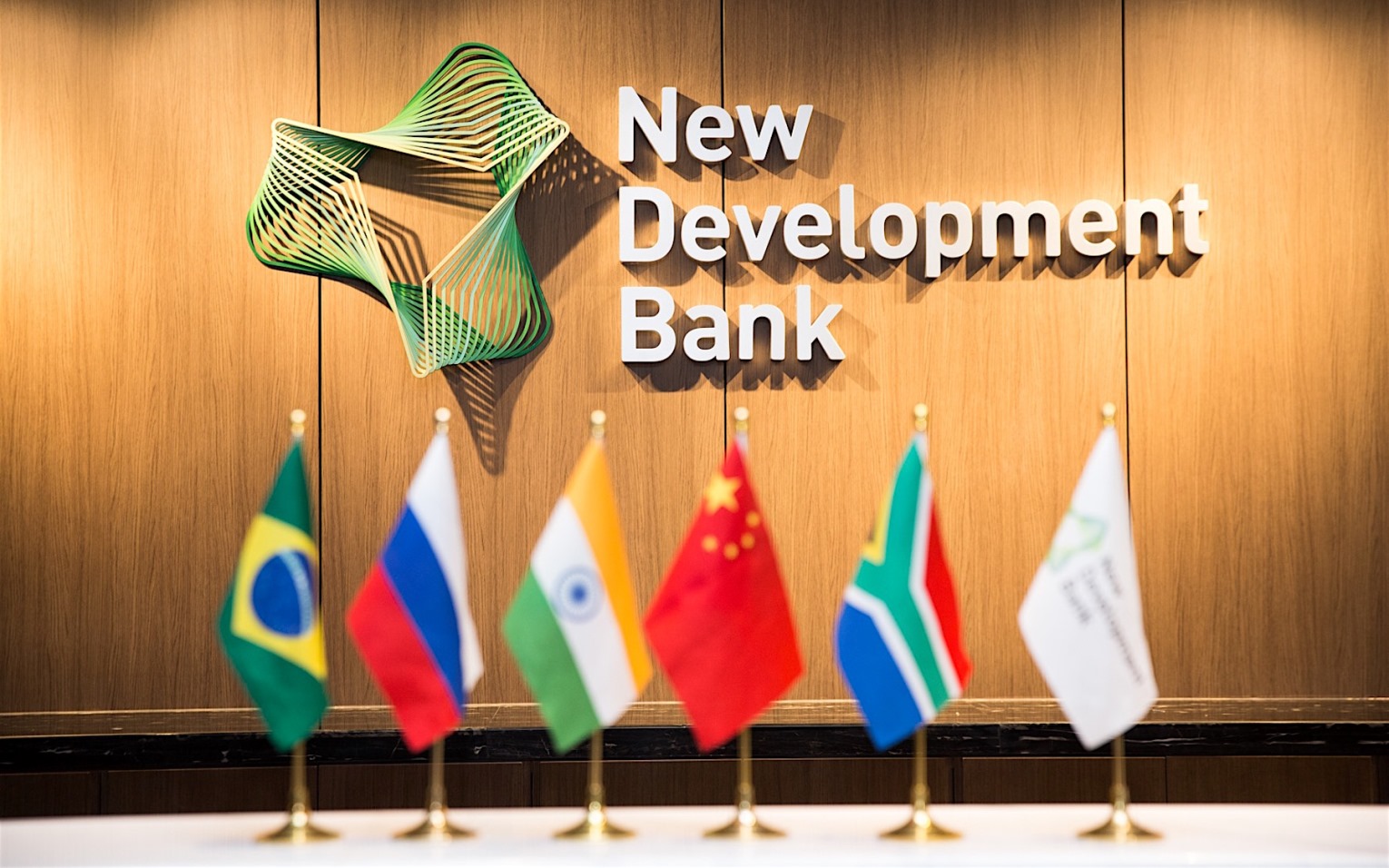


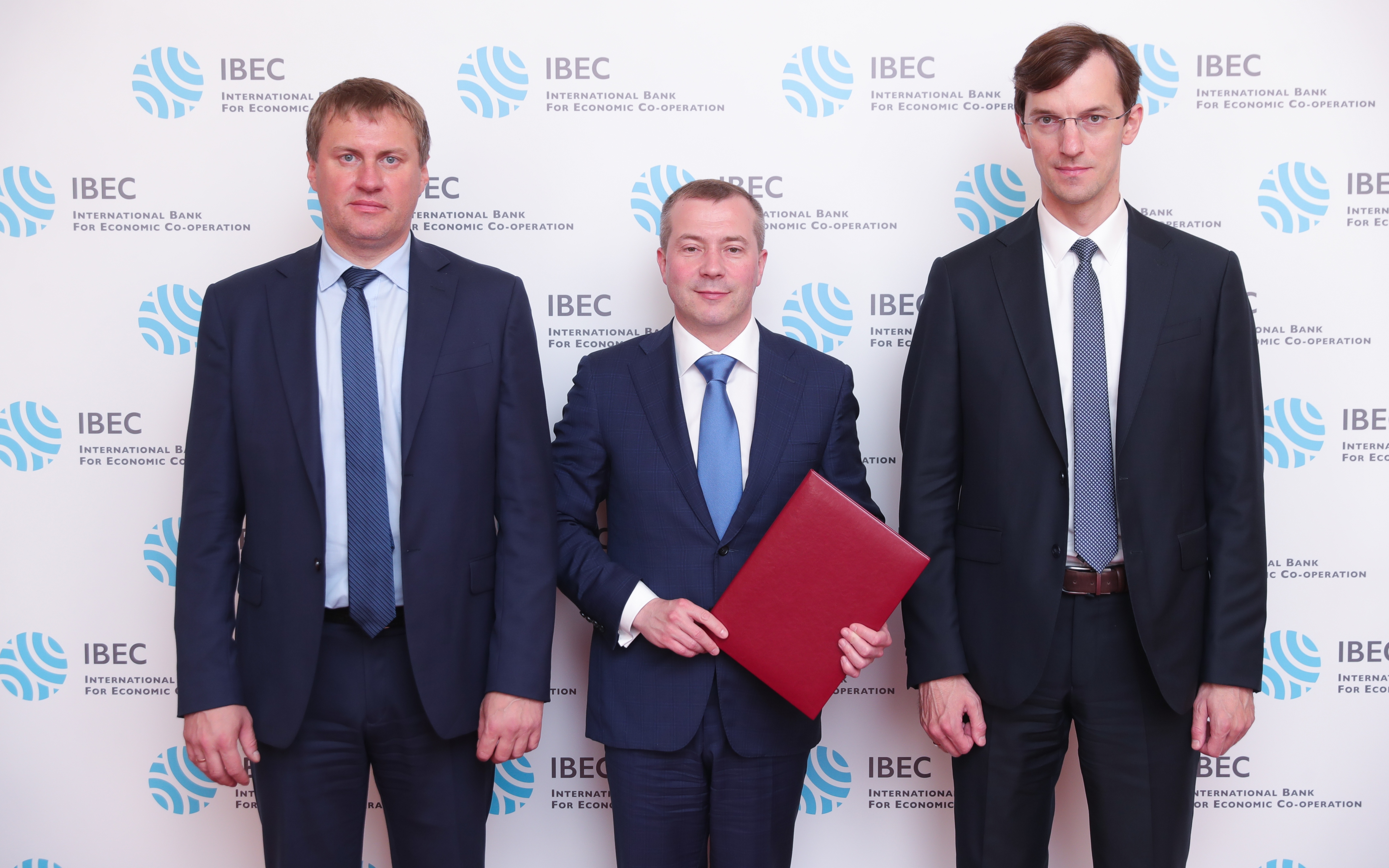
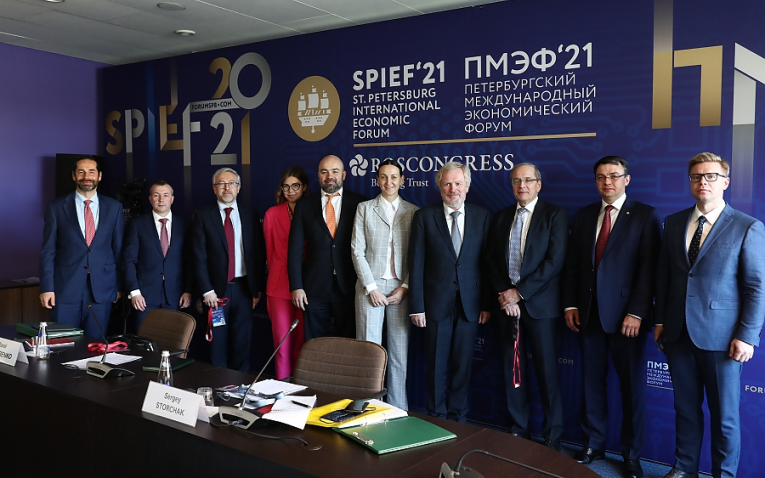
.jpg)
.jpg)
.jpg)
